Alumni Network
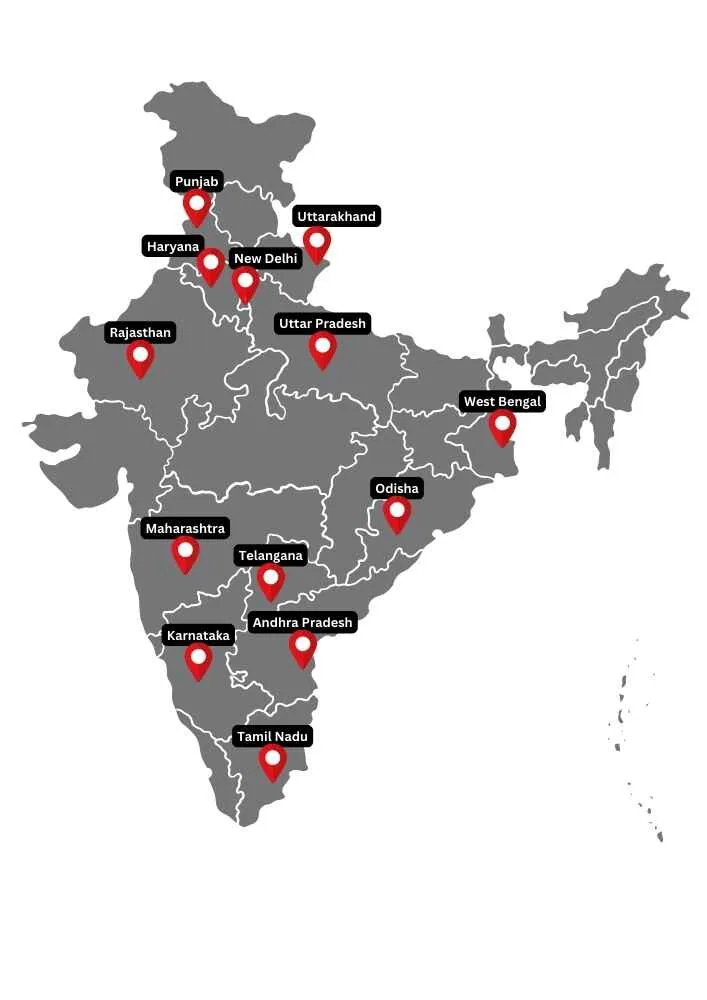
Alumni Speaks
"Effective policy professionals balance both theory and practice."
Pritish Anand, (MPP 2023)
The Hong Kong University of Science and Technology - Graduate Teaching Assistant
During the pandemic, I noticed a desire in me to deepen my understanding of complex societal challenges from multiple vantage points, thereby bringing forth insights grounded in both the tangible observations and the nuanced, less visible/invisible factors — both the known and the unknown. Working in the education sector - as a teacher, program designer, and more - taught me that modern-day wicked problems cannot be solved by relying solely on grassroots interventions or on policies devoid of context. I noticed a need to study the dynamic interplay of competing interests, institutional structures, political considerations, and more through a thoughtful problematization of policy issues and a systematic exploration of theory, practice, and the underlying context. My drive to explore these dynamics, alongside my disenchantment with inefficient prescriptive solutions, motivated me to pursue a Master’s programme in public policy and, subsequently, a career in research.
At Kautilya School of Public Policy, I gained exposure to various interdisciplinary approaches to understanding policy problems and crafting policy options. It instilled in me an understanding that policymaking doesn’t operate in a vacuum; rather, it requires a comprehensive insight into institutional frameworks, economic theories, social considerations, legal structures, and more.
Kautilya also pushed me to challenge the deterministic models that portray policymaking as a linear or cyclical sequence of steps (five-step model, seven-step model, etc.). Instead, various real-life case studies and policy scenarios discussed by the esteemed faculty at Kautilya demonstrated that policymaking is rather an ongoing dialectic between structure and agents, embedded with feedback loops that are constantly in motion. This process shapes rules, laws, discourses, institutions, and issues of public interest.
Kautilya enabled me to situate my perspective between theory and practice, thereby bringing both replicability and relevance to my policy practice. Further, Kautilya broadened my skill repertoire through rigorous training in data analysis and communication, two of the most important tools in a policy professional’s arsenal.
a. Foundations are critical: Irrespective of whether you join a nonprofit, corporate house, academia, or think tank, policy work requires a strong grounding in both theory and practice.Do not believe anyone who recommends that you choose practice over theory or vice versa. Many policy challenges arise due to implementing practices lacking a theoretical base or theories being applied out of context. Effective policy professionals balance both theory and practice. For instance, build data skills to sharpen your practice while simultaneously studying Prof. Acemoglu’s work on institutions. Then, ask whether his theory explains economic transformation in some of the authoritarian regimes. If your answer is no, then use your data skills to explore why. If it is yes, again, explore why. Similarly, inquire why many rational and objective solutions fail, yet they continue to be prescribed despite caution from many policy experts. Why do we continue to design those mechanical, ultra-processed, straight-out-of-the-oven solutions that emerge from our deep affinity with “evidence”? Can every aspect of complex policy dynamics be substantiated with evidence? If not, how do we address those gaps in evidence in our policy work? Ultimately, what matters is your hunger for both knowledge and the skills to address these questions. Foundations in both theory and practice are essential, regardless of which post-master’s route you choose in public policy.
b. Not everything will be taught in classrooms: Go beyond the lectures; go to the field . The best times from my Master’s programme were frequently spent in the villages of Sangareddy or during those extensive office hours with faculty discussing my ideas. I owe most of my quantitative skill repertoire to my discussions with Dr. Pandey. I developed my fundamentals of conducting qualitative research on gender through conversations with Dr. Katju. Is time an issue? Then, integrate such learning with your existing academic assignments to address the time constraint. Be intentional about the topics you choose for your projects, where you can integrate multiple aspects of your learning trajectories. Be curious. Before thinking of solutions, spend more time with the problem. Problematize the problems first.
c. Strong communication skills are a very potent tool: I haven’t found any field where communication isn’t a key differentiator that determines which ideas move forward. Of Course, there are other factors, too, but communication is right at the top. Take your writing classes and feedback on your writing, presenting, and speaking seriously. Your ability to frame coherent sentences will take you far in becoming a successful policy professional.
A typical day for me starts with some good breakfast and coffee while thinking about the exciting parts of the day, checking Instagram reels and sharing the good ones with my spouse and friends (honestly, the Instagram part may happen at any point during the day.). It then moves on to attending the lectures for my PhD coursework and engaging in discussions with my peers about anything academic or non-academic. Then, I dedicate some time to my coursework assignments. After lunch, I put on my research hat and focus on my PhD research and various research projects. In the evening, I spend quality time with my spouse. We go out for walks, cook together, visit places in the city, etc. We make sure we have at least one meal together every day. I also set aside time to catch up with my friends, both on campus and virtually. And, of course, calling parents is a priority. I end my day by reading books/research papers and reviewing my plans for the next day/week/month. Reading every day is very important to me. Whether it’s research papers, books, or anything I find relevant to my learning, I make a point to read. At present, the book I am reading is “Governing the Commons: The Evolution of Institutions for Collective Action” by Elinor Ostrom.
How do I balance my professional and personal life? It takes planning, prioritisation of what’s really important, doing small, consistent things every day rather than leaving things until the last minute, and avoiding procrastination. And yes, maintaining good eating and sleeping habits is essential. I practise this routine consistently to balance both personal and professional aspects. I started using the Eisenhower Matrix to manage my time in 2014 (https://www.eisenhower.me/eisenhower-matrix).With time, I became better at it. Also, not every day is the same. Some days are good; some days are bad. As long as there are more good days than bad days, I am happy. Only if the ratio reverses do I feel the need to address it.
"Remember the people behind the numbers—statistics represent human experiences."
Snigdha, (MPP 2023)
Lead - Government Relations & Policy, Ather Energy
My journey began in childhood, sitting beside my grandfather, reading newspapers together. His insightful commentary on national and state affairs ignited a spark of critical thinking within me. Those early conversations revealed the complex challenges facing our society and kindled a deep-seated desire to create meaningful change. As I gained more exposure and interacted with inspiring mentors, I realized public policy was the most effective pathway to transform societal challenges into tangible solutions.
One transformative lesson came from Dr. Duvvuri Subbarao, former RBI Governor, who emphasised the critical principle: "Remember the people behind the numbers." In an era of data-driven policy, he reminded us that statistics represent human experiences. This insight fundamentally reshaped my approach to policy-making, ensuring that I always consider the human and social dimensions behind every metric and recommendation.
Kautilya School of Public Policy distinguished itself by offering a truly comprehensive educational experience. Unlike traditional policy schools, the curriculum provided an unparalleled interdisciplinary approach, covering governance, business, media, public administration, and global affairs. This holistic education equipped me with a nuanced understanding that effective policy-making requires synthesizing insights from economics, constitutional law, social dynamics, and technological trends.
I am currently engaged in a pivotal moment for India's future, contributing to sustainable mobility. We are actively writing the next chapter in the country's transportation evolution, focusing on innovative, environmentally responsible mobility solutions that will shape India's developmental trajectory.
Dean Amb. Syed Akbaruddin sir profoundly influenced my policy perspective. I vividly recall an early assignment where he used a powerful metaphor of a ship navigating challenging waters. He illustrated that successful policy implementation requires all stakeholders to understand and execute their responsibilities collaboratively. His teachings emphasised that meaningful change emerges when diverse actors align towards a common objective.
Identify the sector or problem statement that resonates with your passion. Develop a multi-dimensional analytical approach. Build a robust professional network, engage in continuous reading and debate, and remain perpetually curious. Remember that creating substantial impact is a patient journey requiring consistent effort, self-motivation, and an unwavering commitment to learning.
My day begins with a comprehensive review of global and sector-specific news, followed by strategic planning using a meticulously crafted to-do list. I prioritise professional commitments while ensuring completion by early evening. Personal time is sacred,I unwind through music, reflective walks in serene locations like Sunder Nursery, and moments of quiet contemplation at Hanuman Mandir or Nizamuddin Dargagh. These practices help me stay grounded, practice gratitude, and maintain holistic well-being.
“Empathy makes public policy more than problem-solving—it’s about understanding human impact.”
Himanshu Trivedi, (MPP 2023)
Senior Policy Analyst, Indicc
My journey from Kautilya to Indicc has been transformational, taking me beyond just conventional professional development. At Kautilya, I gained insights that went beyond academic knowledge, which wouldn’t have been possible without collaborations with exceptional peers. Now at Indicc, I'm able to translate these learnings into practical impact. This transition has deepened my understanding of how public policy can have a meaningful change on an individual which further contributes to a society at large.
Empathy for everything around you is core attribute which I believe a public policy professional should have. It keeps you curious about the things around you while challenging your assumptions & opinions. This combination of understanding others and questioning yourself shapes how you view society and carry yourself. Hence. empathy makes public policy beyond just solving problems – it becomes about understanding the human impact of every decision.
In this short span of my professional journey the only significant challenge I faced was embracing difference between expectation and reality been a public policy professional. I've learned that public policy work is far more complex than it appears – it demands patience as you navigate through challenging situations and sometimes frustrating processes.
Apart from exceptional set of faculties and an interdisciplinary curriculum ‘Staying true to your roots’ is the most important aspect which I realised at kautilya and helps me professionally to conduct myself. Accepting and reflecting your ‘roots’ has much more to contribute in the space of public policy than setting a benchmark for yourself which defies the motivation to bring in the impact you envisioned at first place.
Public policy is set to evolve significantly in the coming years. As participatory policymaking gains traction, the field will progressively realize its full potential. It presents exciting yet challenging opportunities for passionate individuals eager to contribute their expertise toward meaningful and positive change.
Building a core expertise while keeping a generalistic perspective can help you to gain relevant skills while keep aware of what systemic levers which will build the process of impact. Hence one has to “trust the process”.
“Change can feel uncertain, but embracing it with the right support system ensures that each step forward adds to both professional and personal growth.”
Theres Thomas, (MPP 2023)
Research Assistant, Asia Society Policy Institute
After completing my Master’s in Public Policy from the Kautilya School of Public Policy, I joined the Council on Energy, Environment, and Water (CEEW) as a consultant. My association with CEEW began during my summer internship, where I worked on the Emission Trading Systems for air pollution, and later continued through my capstone project on ‘Understanding the Scope of Nature-based Solutions in the Carbon Markets.’
At CEEW, my work focused on generating evidence and assessing the employment potential of climate action through Nature-based Solutions such as seaweed cultivation, mangrove restoration, and eco-tourism. Additionally, I contributed to drafting a comprehensive roadmap for mainstreaming the green economy—identifying the roles of various state departments and the private sector, analyzing associated risks and challenges, and proposing mitigation strategies.
Seeking to deepen my expertise in Indian carbon markets, I transitioned to the Asia Society Policy Institute (ASPI), drawn by its global expertise in greenhouse gas emissions trading systems (ETS) and its focus on carbon pricing mechanisms across Asia. Currently, as a Research Assistant specializing in carbon markets, I am expanding my knowledge in this field and contributing to ASPI’s work on market-based climate policies.
One of the challenges I faced was recognizing when I had reached a point of comfort in my role. While stability can be reassuring, I realized that continuous learning and growth often require stepping into new and unfamiliar spaces. Making the decision to transition wasn’t easy, but I navigated it by engaging with my peers, seeking mentorship, and gaining insights from those who had taken similar steps. Their perspectives helped me assess my goals and the skills I wanted to develop further. Ultimately, while advice and analysis are valuable, listening to my gut played a crucial role in taking that leap. Change can feel uncertain, but embracing it with the right support system ensures that each step forward adds to both professional and personal growth
The most valuable aspect of my education at Kautilya has been the ecosystem of my cohort and faculty. Beyond the coursework, it was the people I met who left a lasting impact. I continue to reach out to them—for brainstorming, fresh perspectives, domain expertise, connections, and unwavering support. Whether it’s discussing policy ideas, navigating career decisions, or seeking advice, I know I have a network that truly has my back. It’s not just about what I learned, but who I learned with—friends, mentors, and colleagues who continue to inspire and challenge me. I am deeply grateful for this community, which has shaped both my professional and personal journey in more ways than I can count.
"Read more, listen more, write more, and talk less—public policy is as much about learning as it is about doing."
Raisa Lorraine P, (MPP 2023)
Government of Telengana - Senior Consultant
Firstly, thank you for asking me to do this. Second, I had a fulfilling experience at EY, which lasted little over a year. However, I continue to work with the Government of Telangana. My answers will be a little informal. I hope that’s okay.
I vividly recall applying to Kautilya while serving as a community volunteer during the COVID-19 pandemic. As part of a neighbourhood emergency response team, I developed strong opinions about state agencies and their operations. I must commend the admissions team at Kautilya for their clarity in addressing my numerous questions and for providing positive reinforcement (I am a Virgo).
I settled in and met my roommate (now a close friend). We both dived into the coursework. I’d like to think I prepared reasonably well for class. I listened, read, and kept my eyes open. I worked on building meaningful relationships with my Professors. It became increasingly clear to me that the first thing about public policy is ‘writing’. Getting the writing right is as important as smoking was to the Late Princess Margaret. However, there are also great lucrative policy ‘adjacent’ careers, that are not writing focussed. I always wanted to become an authoritative writer (still trying). So this was important to me. I recall being constructively critiqued (feeling reprimanded) by a Prof., despite his disappointment with my essay (on ‘positivism’), kindly pointed out that my writing lacked substance and was becoming overly unoriginal. This helped me.
During my interview for the EY engagement, I recall being grilled about my insights on one of the then CM’s flagship programs. Kautilya prepared us for public speaking through a myriad of courses (I was average). The IR stream, proved invaluable for me. To this day, whenever I prepare for a speech, memo, note, or report, I rely on a checklist. The same checklist I developed for my assignments back in the day. The program at Kautilya gave me solid foundation. For individuals like myself who are career pivoting, Kautilya is an excellent place to start.
Writing and delivering crisp presentations. GPS consultants are labelled generalists, but I really appreciated granularity. I always found that people with perspective, grounded in research, did well for themselves. It is always beneficial to be knowledgeable about current events and ongoing debates.
Moreso, all your Professors, have read more books that you can think of, have cute libraries in their houses, often talk about books and carry with them wonderful insights. Engage with them, assist them on papers, find opportunities to collaborate. I benefited from all of the above.
It's straightforward: Read more, listen more, write more, and talk less. Be respectful. One should be always willing to entertain an opinion without condemning it. When you turnover your transcript, your Professor will immediately know whether you put in effort and did the research. Even in consulting, your pitch deck is not your fancy presentation- it is your findings, your perspective on the gap, your solution, based your experience, because you spoke to the stakeholders, affected by a problem that you are trying to find a solution to. A guest lecturer remarked that the biggest part of public policy should be public listening.
First of all, very few people are directly involved in policy making. But knowledge about policy making is essential in our field. Primarily, consultants contribute to the policy-making process, among other roles. Virtually most state agencies with time-sensitive performance deliverables rely on consultants. Consultants, largely, fill a gap and can do a really good job. Governments recognise this. Opportunities are available across various sectors and at different levels. You could draft a policy document that could potentially be presented in an assembly, or manage communication strategy. Either ways, impact is huge.
One of our alumni drafted a by-law for a ULB. I would argue that public policy professionals with an good understanding of economics and finance will hold a significant advantage. Public Policy alone will just not suffice. One can conduct a simple comparison by examining the educational background and internship choices of an EU energy consultant (entry-level). If you are familiar with the consulting landscape, you will recognize that your degree is merely a starting point. Indeed, it is an opportune time to collaborate with governments to enhance the lives and livelihoods of communities. However, I foresee entry-level barriers emerging for the most coveted strategy roles.
It's essential to become comfortable with delivering sharp, precise answers that demonstrate depth without appearing overly confident. Avoid coming across as a "know-it-all," as this can be off-putting.
Secondly, align your internship with your project and job aspirations to build a cohesive narrative. Identify a domain and develop expertise in it. While LinkedIn can be helpful, it is no substitute for being thoroughly prepared for a job role. When interviewing, you should have a solid understanding of the work involved and be familiar enough with the subject to engage in a meaningful conversation about it. Lastly, engage actively with your professors. They are invaluable resources, having excelled in various roles and possessing a wealth of real-world experience. I always kept my mentors updated on my job hunt, they gave me good inputs.
"Policy is essential in ensuring that emerging technologies evolve responsibly."
Trilok Kothapalli, (MPP 2023)
Bristol Myers Squibb - Analyst II, Data Risk & Protection - Programs
My time at Kautilya was truly transformational. Coming from an engineering background with a strong inclination toward problem-solving, the two-year public policy program broadened my perspective and shaped me into a well-rounded professional. The curriculum exposed me to a diverse range of subjects, including constitutional law, global affairs, policymaking, politics, and economics—fundamental pillars that drive the functioning of any nation. This interdisciplinary exposure, combined with my technical background, enabled me to develop a unique skill set at the intersection of technology and policy.
After completing my MPP, I joined Paytm, one of India’s largest fintech platforms, in the Regulatory Affairs and Policy function. My role involved conducting research and participating in public consultations on emerging technology laws and policies in India, including regulatory guidelines from the Reserve Bank of India (RBI) and other government bodies. Additionally, I played an active role in developing compliance programs and policy implementation strategies.
I currently work at Bristol Myers Squibb (BMS), a Fortune 500 and largest pharmaceutical company that recently established its Global Capability Centre(GCC) in Hyderabad. As part of the Data Risk Office, I contribute to the programs vertical. Here, I track global technology policies and regulations, assess their impact on BMS operations, design compliance frameworks/programs, support operations that enable compliance, and maintain software tools & dashboards. My primary focus areas include data privacy and cybersecurity, ensuring that BMS remains aligned with evolving regulatory landscapes.
Success in the intersection of technology, policy, and business requires a blend of technical expertise, analytical skills, and strong soft skills.
On the technical side, foundational knowledge of coding (Python), proficiency in data analytics and visualization tools (Power BI, Tableau), and expertise in secondary research and business tools (Excel, PowerPoint, Canva) are increasingly valuable. Unlike traditional policy roles, working with technology companies demands a hands-on approach with these tools to navigate complex regulations and support data-driven decision-making.
Equally important are soft skills such as communication, writing, presentation, teamwork, and leadership. Strong project and time management, along with problem-solving abilities, help drive impact in cross-functional environments.
I wanted to gain professional experience and build my career post-Kautilya, but navigating the job market after an MPP was not straightforward. The policy space in India is still evolving, with no established pathways. Like many others, I had my own expectations regarding the ideal job, industry, pay scale, and work-life balance. However, aligning these aspirations with market realities—understanding available roles, sectors that value policy graduates, and, most importantly, the unique value I could bring to the table—became essential.
To find my niche, I took a step back and connected the dots from my past experiences—my engineering background, work as a business analyst, and policy education. This helped me identify roles where my skill set would stand out, allowing me to apply strategically and perform well in interviews. Additionally, engaging with professionals in the field and understanding their work environments and responsibilities provided valuable insights.
Ultimately, navigating a career in this evolving space requires self-awareness, a strong grasp of industry trends, and a clear vision to move forward. As KSPP graduates, we have the unique privilege of shaping pathways for future MPP graduates.
Kautilya’s education has had a profound impact on my personal and professional growth. It laid a strong foundation in critical thinking, communication, writing, and leadership—skills that continue to help me excel in my career.
Beyond academics, the rigorous coursework, combined with my extracurricular involvement—leading the student council, volunteering in clubs, and engaging in community activities—helped me develop resilience, confidence, and adaptability. More importantly, the diversity of my cohort exposed me to a wide range of perspectives and cultures, which now enables me to collaborate seamlessly with colleagues across the globe.
In today’s era, public policy plays a pivotal role in shaping the future of emerging technologies. We are witnessing rapid advancements in artificial intelligence, blockchain, quantum computing, and the metaverse, each with transformative potential across industries. AI, in particular, has already impacted our lives, and similar breakthroughs are emerging in other domains.
Policy is essential in ensuring that these technologies evolve responsibly by balancing innovation, consumer rights, and risk mitigation. From development to deployment, regulatory frameworks must mandate accountability, explainability, and auditability. Thoughtful policymaking can foster ethical adoption, safeguard societal interests, and create an environment where technology serves the public good while minimizing unintended consequences.
Make the most of your time at Kautilya—it offers a rich curriculum that exposes you to diverse subjects and perspectives. Beyond academics, actively engage with professors, visiting scholars, and, most importantly, your peers. I personally learned a great deal from my fellow students, and group projects provided a fantastic opportunity to collaborate, co-learn, and develop teamwork skills.
Leverage your capstone project to explore a subject that you've identified as your niche area and envision as your career path. This will allow you to dive deeper into the field, build relevant connections, and position yourself for professional opportunities in that space. Being intentional about your learning and networking will give you a strong foundation to navigate this dynamic field successfully.
"Don’t be afraid to start fresh, even if it means stepping outside the scope of what you studied."
Rehet Kaur (MPP 2023),
Consultant(Climate Change and Sustainability) at EY.
Here’s a bit about my educational background: I completed my Bachelor’s in Political Science from the University of Delhi. After graduating, I came to Kautilya to pursue a Master’s in Public Policy.
My journey towards a career in public policy really started during the pandemic. With a growing interest in International Relations, I actively started to shortlist universities abroad that offered a comprehensive course in IR, hoping to get into a position where I could contribute to foreign policy development. I clearly remember the countless counselling sessions with my family, discussing my career options, and how they casually suggested I apply to Kautilya. At the time, it felt like a shot in the dark, but looking back now, it was the best shot I had taken. Kautilya truly transformed my life and set the stage for the professional development that followed. By the end of the two-year programme, I was equipped with skills and expertise that prepared me for the interviews to come.
I applied to EY’s Climate Change and Sustainability team during the course of my capstone project. I went through two rounds of interview, relying on the resources and coursework from the ‘ESG’ elective. The reading materials provided just the right foundation to help me translate that theory into practice at work now.
Strong communication and presentation skills are crucial, whether it's for writing policy briefs, delivering convincing presentations, or reporting identified gaps clearly to stakeholders.Whether you're catering to private organizations or government institutions, learning how to deliver your message effectively will always earn you brownie points.
A good grasp of data analysis and statistics is also important, as the sector often requires making sense of complex data to guide decisions.Additionally, learning how to master AI prompts has become an increasingly valuable skill. It allows you to leverage technology in problem-solving, data analysis, and policy development.
The real challenge I faced was when I had to dive into a lot of new concepts—many of which are rooted in hardcore engineering.To advise clients on their sustainability journey, I had to go beyond what I’d learned at school and familiarize myself with quite a lot of technical concepts. It does feel tiresome but the reward of gradually becoming a trusted advisor makes it all worth it. My main takeaway here is- don’t be afraid to start fresh, even if it means stepping outside the scope of what you studied at Kautilya.
Kautilya made me realise the importance of collaboration. The importance of recognising that all stakeholders matter in the policy space. It’s about bringing together people with different skills and expertise to craft meaningful solutions for wicked problems.
In my view, balancing economic growth with environmental sustainability is crucial. There will likely be a strong emphasis on integrating AI to help make policy adjustments more efficient and effective. As the field evolves, technology will play a big role in providingsolutions to stakeholders and shaping smarter, data-driven climate and ESG policies.
Read and listen more. Engage with experts and hear different perspectives. The more you read, the more you realize there’s no one-size-fits-all solution in sustainability. It is a multi-faceted field, and understanding different viewpoints will help you tackle challenges in a more effective way.
“From the shopfloor to the policy floor, my journey has been about chasing purpose and learning to drive impact.”
Shankar Narayanan, (MPP 2023)
Associate Manager, QCI.
Currently, I am working as an Associate Manager in the Strategy and Policy Division of QCI. We work towards furthering the agenda of a holistic Quality Infrastructure with necessary regulatory and policy oversight.
We work with various departments in the Government of India, to augment their work in the areas of programme design, monitoring and evaluation, implementation, re-imagining the organisation itself and its processes for service delivery excellence.
It hit the sweet spot for me. I wanted to have a reliable career trajectory along with the possibility of creating tangible impact in the public sector.
My under graduation in fashion technology opened fascinating possibilities. I started from the shopfloors of garment exporting giants of the country, learning the business from the bottom up. Started working in operations and management consulting for textile players. Learning operations excellence, information systems, inventory management, general desk research and other granular facets of the industry. Great learnings, unfortunately, lacked a certain kick I was looking for.
Then came COVID. The unsettled part of me which always wanted to be in the development and impact sector took over, and I decided to switch the direction of my career. Public policy, a very nascent yet viable option surfaced in front of me and I ran with it.
Outlook changed. Vocabulary upgraded. Understood why and where governments are required. Understood why we need to don different hats while defining, understanding and solutioning for complex and wicked problems. At Kautilya, the focus was given to learning methods than answers. In a world which is more AI-driven, the requisite human touch is invaluable and irreplaceable.
Apart from some role specific hard skills like managing project financials, understanding strategic frameworks like scenario planning etc. two major skills I have been actively honing are Communications and Managing People.
Communications: Written or spoken, communications are a key to your outperformance in a workplace. It is always a work in progress. I believe that apart from certain areas I need to improve, my communication skills have polished over time.
Managing people: I confess that I have used ‘Stakeholder Management’ and ‘Stakeholder Communications’ loosely in my resume as a job seeker. It is only in the past two years I have begun to consciously hone the skill, that is managing people. Keeping things moving while understanding their expectations and interests along with their disagreements and dissatisfactions is not only a learnable but a portable skill.
The list is so long that it requires a separate interview. The 2-year experience was a thrilling knowledge joyride, which left us with a lot of t-shirt worthy quotes, fun classroom memories, intense project hustles and experiences that pushed us to become more creative and enterprising.
Cannot single out an instance as there are so many, but one which is close to my heart is the classroom project where I could translate a behavioural science experiment to a full-blown activity in the university as part of the Climate action club, which helped us raise money which was later donated to an Goonj. I could also interview the founder Shri Anshu Gupta through ‘Think-in’, the podcast club of Kautilya.
If being in the public sector floats your boat, then this is a good space to be in. Public policy has a lot of various roles to offer. Generic two cents on how to navigate such roles is:
Performance trumps knowledge: Knowing your facts and figures are vital, however, a policy professional will be expected to deliver on expectations from the various stakeholders. Hone those tangible skills which require deep reading, critical analysis and concise writing.
Be curious: Even non glamourous sub-sectors in the policy space have a lot to offer to a professional. It’s better to focus on figuring out your calling in the initial years and build towards it subsequently. It is absolutely fine to switch lanes while figuring it out.
Be patient: Policy shifts, even the small ones, do not happen overnight. If you want quick turnarounds, working with any government MDOs will make you humble. Be ready to embrace the slow churn.
"If your motivation is clear and rooted in purpose, the journey will be worth it."
Vinaya Bharam, (MPP 2023)
Senior Program Manager at Impact Solutions Lab.
After my first year at Kautilya, we were required to do a summer internship. Thanks to Kautilya’s network, I had the opportunity to apply for a position at Impact Solutions Lab (ISL), which was then known as the Indian School of Leadership. ISL is a non-profit venture studio focused on social impact projects. I was accepted into their internship program, and that experience opened many doors.
Even after the internship officially ended, ISL invited me to continue working part-time, and later allowed me to do my Capstone Project with them. During my second year at Kautilya, I began working on what would eventually become Adira Academy (then called Project Adira), under the mentorship of ISL’s founder, tech entrepreneur Leo Joseph.
Adira Academy was designed to empower promising young women from disadvantaged backgrounds by providing world-class higher education, mentorship, and exposure to emerging career pathways. The goal is to help them excel, uplift their communities, and drive systemic change.
This work is deeply personal for me. I come from a similar socio-economic background as the young women we support. The education and opportunities I received have changed the trajectory of my life, improved my family’s financial standing, and earned me respect in my community.
In January 2023, we opened admissions for Adira’s first cohort. ISL offered me a full-time role to run the program as Program Manager, which I accepted. I joined in March during my final semester, which was dedicated to the Capstone. A year later, I was promoted to Senior Program Manager. Three years on, Adira Academy is ISL’s largest program, with 45 students.
While I enjoyed studying International Relations, I realized that I was more drawn to work that created tangible impact. I completed my undergraduate studies in the U.S. and had also studied in the Netherlands for high school. After graduation, I began working in the political science space, but the pandemic unexpectedly brought me back to India much earlier than planned.
Initially, I explored master’s programs in International Development or Development Studies. Public Policy wasn’t on my radar at first, but as I considered my options, I realized that it would offer the breadth I needed. As someone still exploring her purpose, I found that a degree in public policy gave me both the theoretical grounding and practical tools to create meaningful change.
Kautilya’s MPP program is rigorous. It teaches you to juggle multiple priorities, think critically, and manage your time well. Those skills have been invaluable as I manage a growing program like Adira Academy.
In addition to what I gained from the classroom, I believe my strengths lie in big-picture thinking, being organized, and planning ahead. When you’re managing a program that’s still evolving, those skills help ensure both day-to-day efficiency and long-term impact.
Kautilya helped me think about public problems through multiple lenses including economic, political, social, and cultural perspectives. It gave me a structured understanding of how policy is made and, just as importantly, its limitations.
It made me realize that while holding governments accountable is essential, private actors also have a role to play in co-creating solutions. Kautilya gave me both the confidence and the tools to believe that I can be part of that change.
Reflect deeply on your "why." This sector can be immensely fulfilling. It allows you to do meaningful work and see the positive impact of your efforts. But it might not always come with financial rewards, especially in the early years.
So ask yourself if you are okay with that trade-off. If your motivation is clear and rooted in purpose, the journey will be worth it.
“Even a well-meaning policy can fail if the social, cultural, or economic context is ignored.”
Oshin Sahare, MPP Batch of 2023,
Policy Analyst at GITAM (Deemed to be) University
At GITAM University, my role revolves around policy analysis, development, and research. I critically evaluate existing academic and institutional policies to identify areas of improvement, and where necessary, I draft new policies aligned with the institution’s goals. I also conduct research on academic parameters to understand what motivates students and fosters meaningful learning outcomes. Additionally, I study state university acts, UGC regulations, and other higher education frameworks to assess how they influence institutional autonomy, governance, and academic quality.
Growing up, my family was directly impacted by several public policies with both those that reached us and those that didn’t. I remember hearing community conversations about unmet promises made during elections, and often wondered why some families received benefits while others didn’t. Over time, I realized these weren’t just promises, they were policies. One policy that stayed with me was the mid-day meal scheme. It genuinely worked to keep children in school, including many around me. Over time, I realized these were not just promises, but policies. This curiosity led me to explore public policy more deeply. It also made me aware of the disconnect between policy on paper and the realities on the ground, which motivated me to understand how policy is actually made and how it can be made better.
Kautilya was a transformative space for me. It was my first experience of formal education in a deeply structured and interdisciplinary environment. The diversity of my peers taught me more than I could’ve imagined—from public finance to public speaking. Initially, I was hesitant to voice my opinions, but by the end of the program, I became one of the most confident speakers in my cohort. Kautilya not only gave me technical skills but also the emotional strength and clarity to navigate complex challenges in both policy and life.
Kautilya was a turning point for me. I came in with limited exposure to structured learning environments, and found myself surrounded by a diverse and talented cohort. The circle you are part of shapes you in powerful ways. My cohort was incredibly diverse, and that diversity became one of my greatest learning sources. Each person had a unique perspective, and I grew by learning from all of them. Initially, I struggled to speak up. By the end of the program, I was confidently presenting policy ideas and leading discussions. Kautilya gave me not only the tools to work in the policy space but the confidence to believe I belonged there.
Understanding the human side of every policy has been essential. Empathy plays a big role in this. In policymaking, it is not just about designing solutions, but about truly understanding the people those solutions are meant for. If the social, cultural or economic context is ignored, even a well-meaning policy can fail. The MPP also helped me realise that what is written on paper must be implemented effectively on the ground to create real change. Above all, the program taught me that learning never stops, especially in a field that constantly evolves with new challenges. The frameworks I learned at Kautilya helped me think more holistically about the impact of policies. Regular classroom presentations gave me the confidence to express ideas, take feedback, and improve. Those experiences now help me communicate more clearly with different stakeholders and approach problems with both structure and sensitivity.
Stay curious and keep asking questions. Don’t be afraid to reach out to people, most professionals are happy to share their journeys. The more conversations you have, the clearer your own path becomes. Find your area of interest and build depth in it. And remember, it’s okay to take time to figure things out. Policy and academia are not linear fields. You grow through exploration and experience.
“Kautilya gave me both the academic grounding and the practical confidence to step into policy spaces.”
Shitiz Jha, MPP Batch of 2025,
Research Associate - Climate Finance & ESG, Climate Trends
I currently work as a Research Associate in Climate Finance and ESG at Climate Trends, a policy research and strategic communications initiative. My role sits at the intersection of sustainability, finance, and policy. I focus on analyzing India’s evolving ESG and green finance landscape, from corporate disclosures to carbon markets, and how these align with national and international climate commitments. Alongside, I also engage in international climate negotiations, tracking finance discussions under the UNFCCC and ensuring that perspectives from emerging economies are heard in relevant forums.
What drew me to ESG and sustainability was the realization that finance is central to solving the climate crisis. While other factors matter too, they often stall without the right flow of capital. During my master’s, I noticed that ESG was an emerging but underexplored area in India, and I wanted to be part of shaping its direction. Exposure to global climate negotiations at COP29 was another strong motivator, as was the ESG course taught at Kautilya, which helped me connect theory with practice. I built expertise through internships and certification courses in ESG risk analysis and GHG accounting, and by working with youth networks like YOUNGO, where I got direct exposure to the global climate finance agenda.
Kautilya gave me both the academic grounding and the practical confidence to step into policy spaces. The MPP curriculum sharpened my skills in policy analysis and strategic communication, while the exposure to faculty and guest lecturers helped me understand how policy decisions actually unfold. Beyond academics, the culture at Kautilya encouraged us to think critically, question assumptions, and build bridges across sectors, skills that I carry into every room today.
For me, three stand out. First, the ability to translate complex policy issues into clear, actionable insights, something I use daily. Second, the appreciation for evidence, which helps when evaluating ESG disclosures or climate finance flows. And third, the collaborative mindset, working across diverse groups, which is essential when dealing with regulators, industry, and civil society in Asia’s fast-changing sustainability space.
Be grounded, stay curious, and keep learning - the rest will follow.
"The environment at Kautilya helped me regain clarity, confidence, and a renewed sense of purpose in my career."
Purvasha Anand, MPP Batch of 2025,
Senior Associate, acutus ESG
I am currently working as a Senior Associate in the Market Intelligence team, where I handle projects focused on research, analysis, and brand enhancement. My work involves understanding market trends, gathering insights, and contributing to strategic decision-making that supports organizational growth.
Having been born and brought up in Ranchi—the city of waterfalls, I have always lived in close proximity to nature. Over the years, I have witnessed the changing weather patterns and the visible effects of climate change on my city’s once-beautiful climate. This personal experience has deeply shaped my interest in ESG (Environmental, Social, and Governance) and sustainability, motivating me to explore how organizations can grow responsibly while minimizing their environmental footprint.
Kautilya has been a turning point in my professional journey. I joined the program at a time when I was feeling lost after my civil services preparation and was looking for direction in the public policy field. The faculty at Kautilya provided not only academic guidance but also mentorship, emotional support, and real-world exposure through interactions with esteemed speakers and policy experts. The environment at Kautilya helped me regain clarity, confidence, and a renewed sense of purpose in my career.
There are several lessons I carry from my time at Kautilya. One of the most important was understanding the value of discipline and systems. In college, we often take deadlines and meetings lightly, but in the professional world, these small things reflect your credibility and commitment. I remember how our Dean would emphasize attending discussions even if they weren’t directly related to our topics—something I see mirrored in corporate meetings today.
I also learned the importance of teamwork and interpersonal skills—how to work with people, listen to contrasting opinions, incorporate others’ ideas, and not take disagreements personally. These experiences built a foundation of professionalism, empathy, and adaptability that continues to guide me in my work life.
Whatever you choose to do, give your 100%. You may not always see the results immediately, but every sincere effort compounds over time. Stay curious, stay humble, and remember that learning never stops.
"Consulting combines problem-solving, impact creation, and cross-sector engagement."
Abhishek , MPP Batch of 2025,
Associate Consultant, KPMG
Consulting appealed to me because it combines problem-solving, impact creation, and cross-sector engagement. My time at Kautilya School of Public Policy sharpened my analytical thinking, encouraged collaborative approaches, and deepened my understanding of evidence-based decision-making. The case discussions and group projects at Kautilya mirrored the fast-paced, client-focused consulting environment I now experience at KPMG.
Frameworks such as the Theory of Change, Stakeholder Analysis, and Cost-Benefit Analysis have been particularly valuable. They provide structure to problem-solving, guide feasibility assessments, and ensure that interventions are both impactful and sustainable. Applying these frameworks has helped me design solutions that address real-world challenges for governments and organizations with clarity and precision.
In my ongoing engagement supporting the 15th Finance Commission and PM-ABHIM initiatives in Jharkhand, my public policy background has been pivotal in converting central guidelines into actionable district-level strategies. Using policy frameworks, I streamlined fund allocation, integrated overlapping schemes, and aligned project objectives with state health priorities. This approach optimized resource utilization and strengthened health infrastructure in underserved regions, directly advancing the mission’s goals.
I stay informed through a blend of industry publications, government portals, and professional networks. I regularly read policy journals, attend webinars, and participate in internal knowledge-sharing sessions at KPMG. This continuous learning helps me remain aware of evolving trends, regulatory updates, and best practices—ensuring my advice to clients is both current and contextually grounded.
Focus on strengthening your analytical and communication skills, and seek hands-on experience through internships or live projects. Consulting values curiosity, adaptability, and a learning mindset. Developing a solid grasp of policy frameworks, staying updated on sectoral developments, and actively engaging with professionals in the field will provide a strong launchpad for a consulting career.
"Social impact is most powerful when purpose and profit move in the same direction. Companies change the world when they choose to care."
Shivani Kulkarni (MPP 2025)
Trainee – Corporate Social Responsibility & External Affairs, Mercedes Benz
I was motivated by the opportunity to create meaningful social impact and contribute to society in a tangible way. The satisfaction that comes from driving change is a significant motivator.
My background in Public Policy, particularly the field visits during my course, has been incredibly valuable. Those experiences helped me develop empathy, understand problems on the ground, and engage with communities in real time, which is crucial for addressing social challenges effectively.
In the corporate sector, you interact with a diverse set of stakeholders. The key is to identify priorities and understand the needs of different groups. This requires analyzing milestones, tracking progress, and prioritizing stakeholders based on the impact and urgency of their concerns.
Clear communication and alignment of interests are essential for effective engagement.
Communication and problem-solving have been particularly vital. Tackling case studies during my MPP program strengthened my analytical and strategic thinking abilities, which are critical in a corporate setting.
These skills are essential for understanding complex challenges and devising effective solutions.
It’s important to have a deep understanding of real-world problems by interacting directly with beneficiaries, rather than relying solely on theoretical knowledge.
In corporate citizenship roles, you are often responsible for translating insights from the ground into actionable initiatives. First-hand experience with social challenges is key to designing impactful and sustainable solutions.
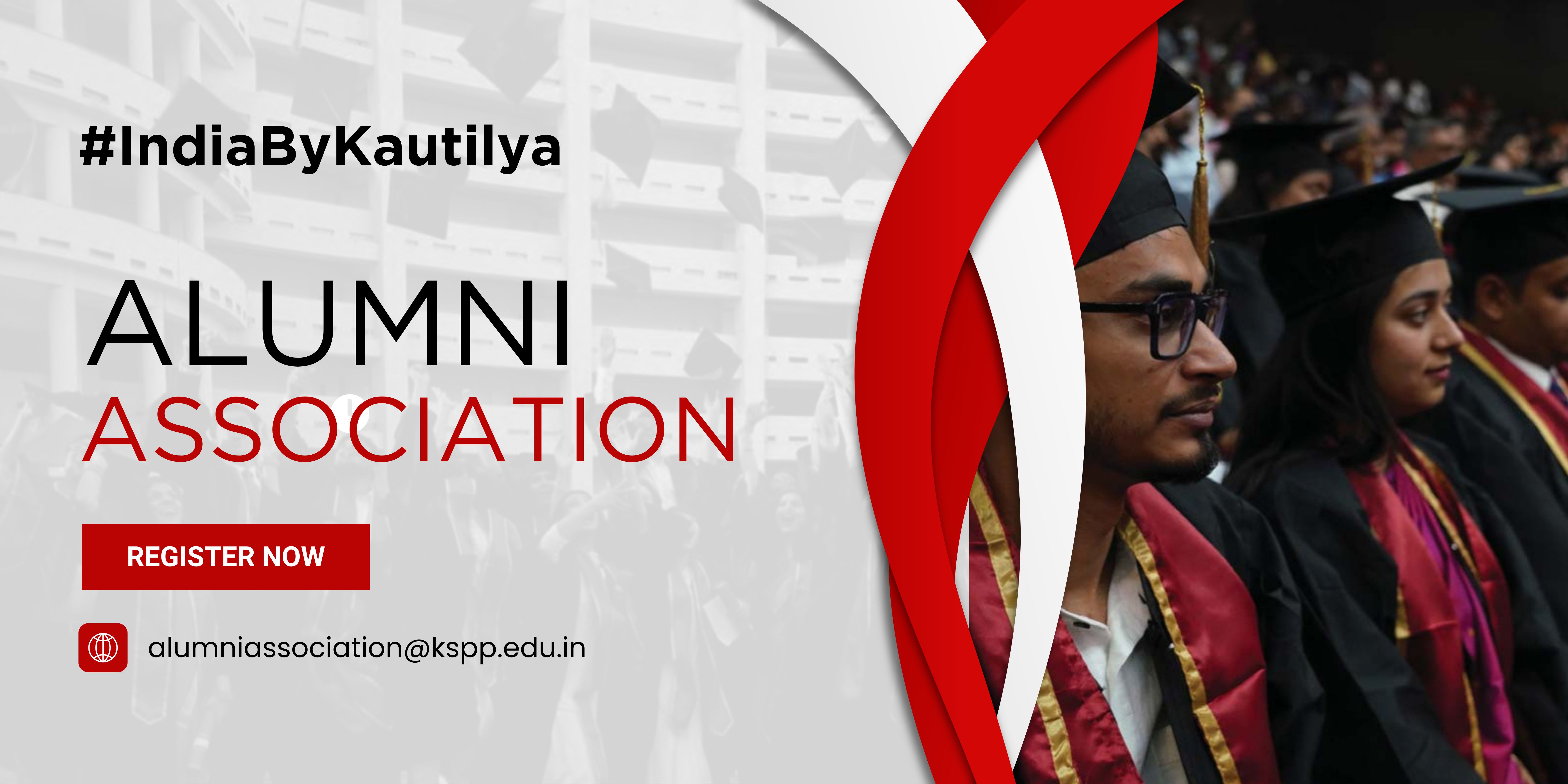
Alumni Profiles
Batch 2023-25
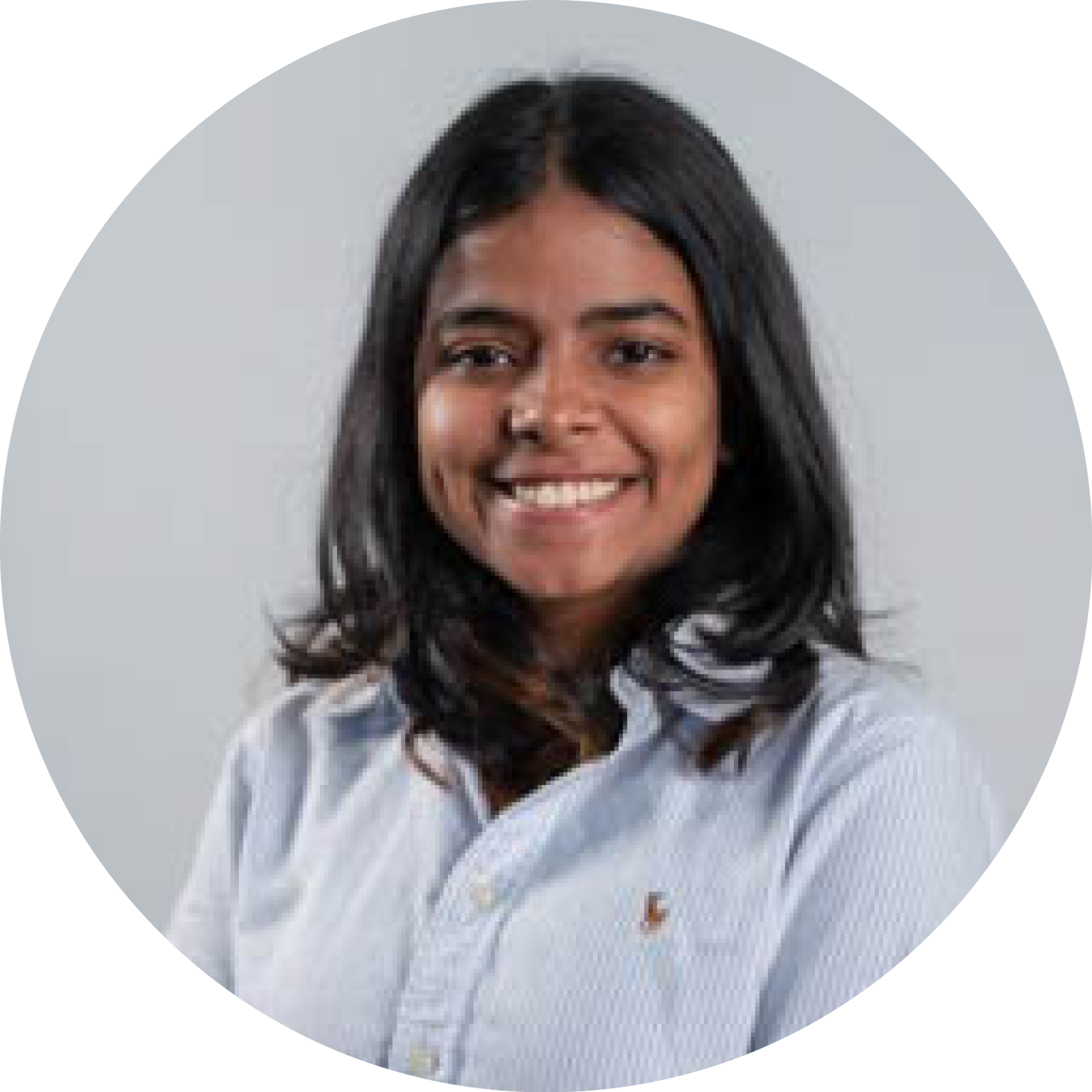
Aarini Mishra
Strategy Consultant
Indian Political Action Committee (I-PAC)
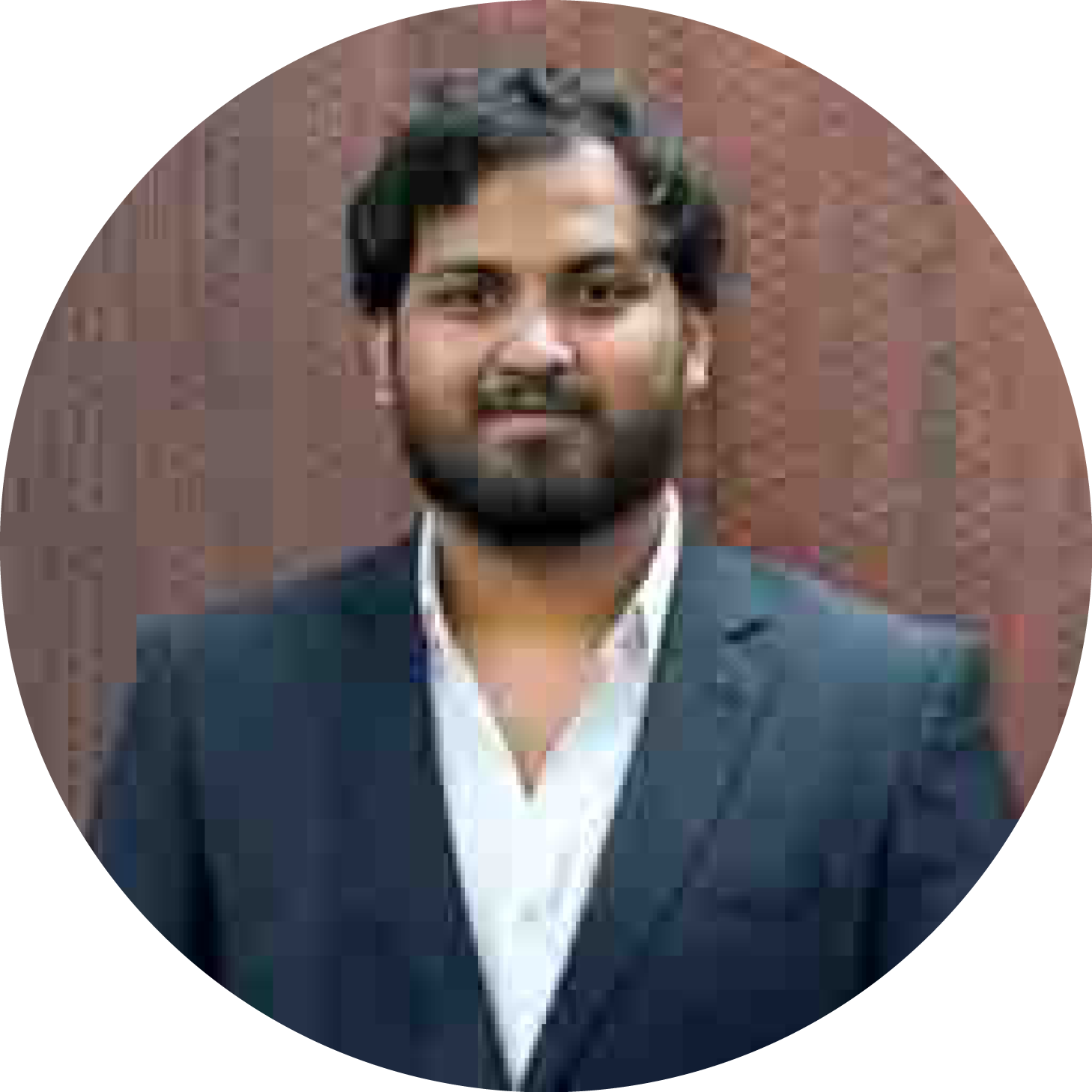
Abhishek Singh Gaurav
Associate Consultant
KPMG
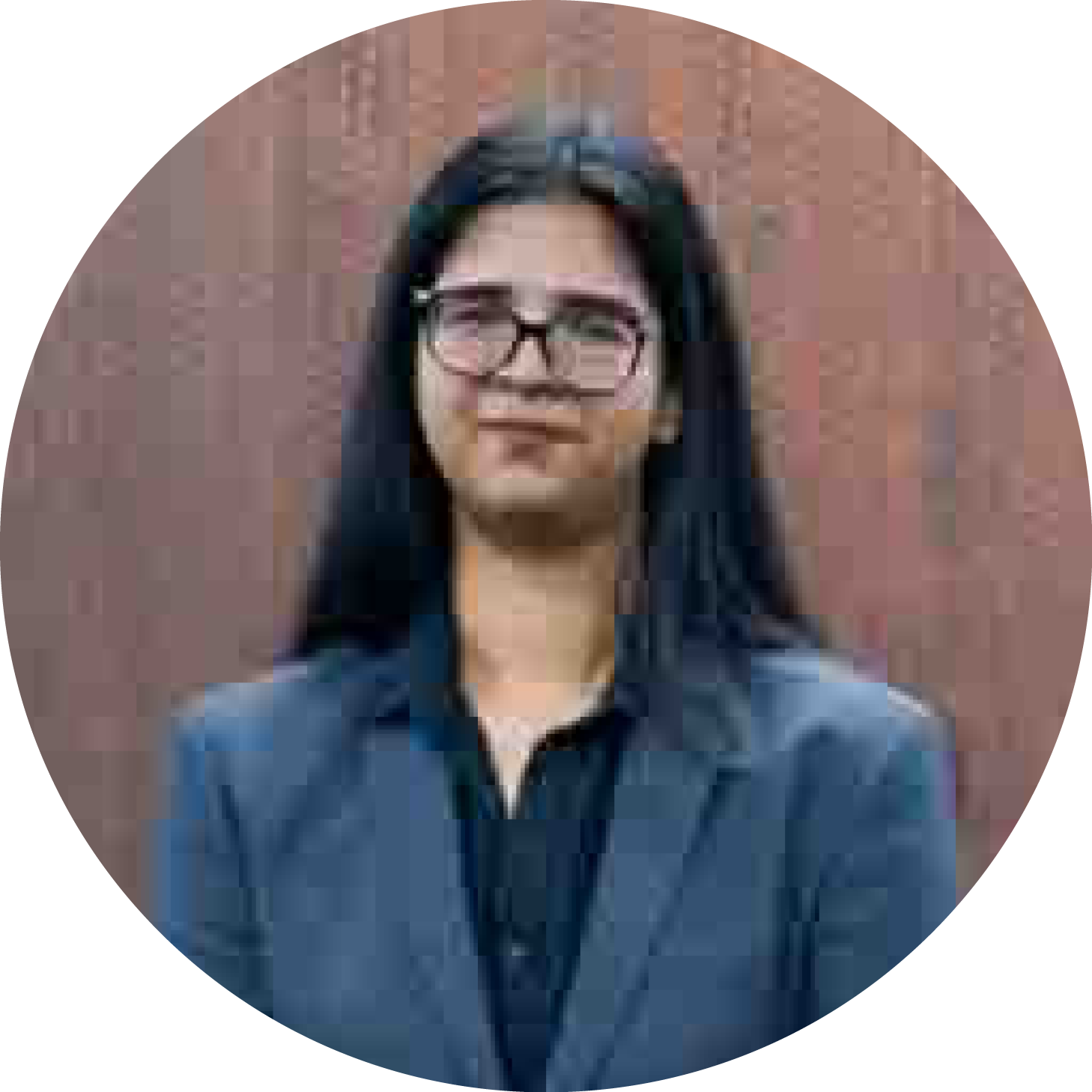
Anshika Kumar
Project Support - GRT
Hero MotoCorp

Akshit Dedha
Associate
Aline Partners
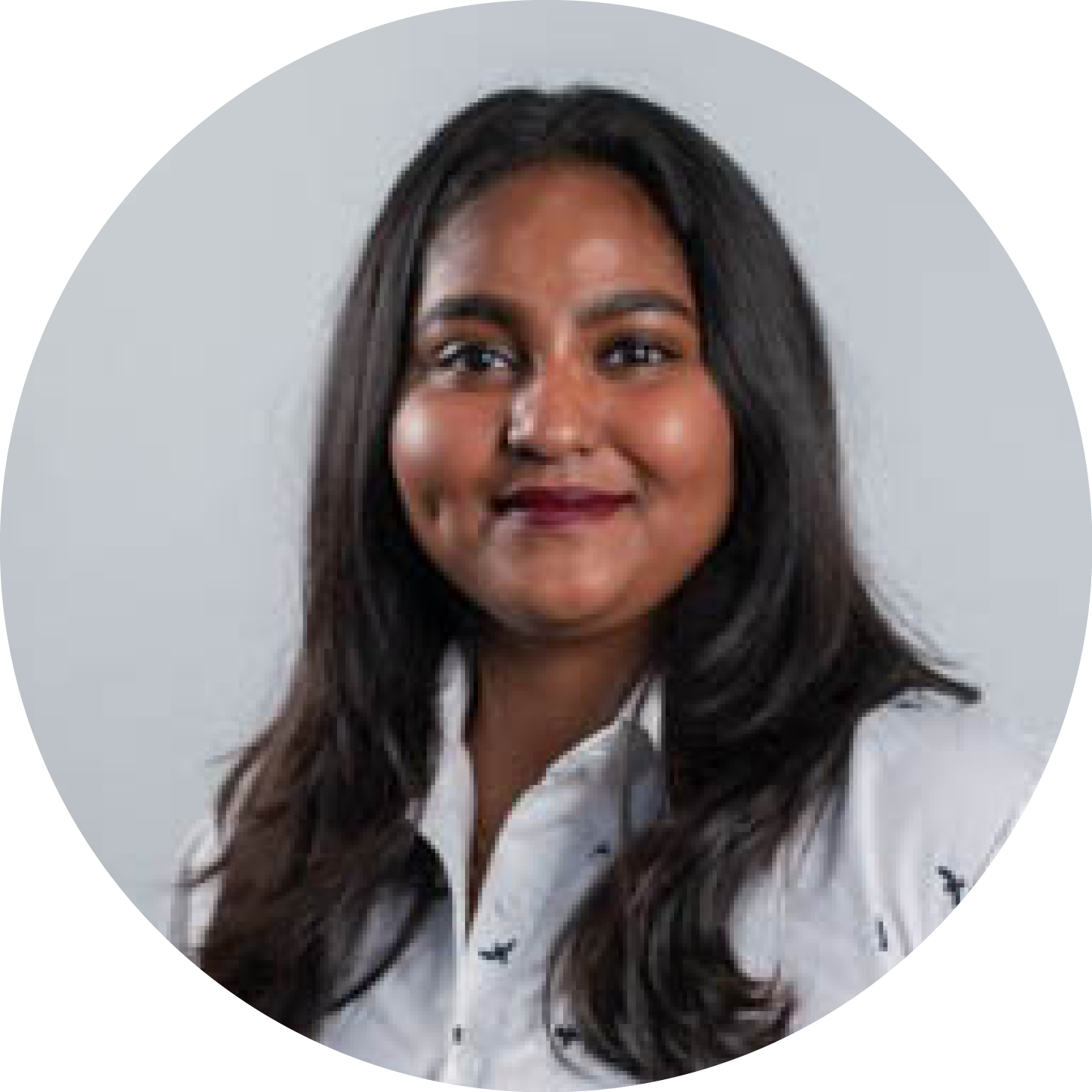
Aradhana P
Public Policy Specialist
Grand Magnum Housing Pvt. Ltd.
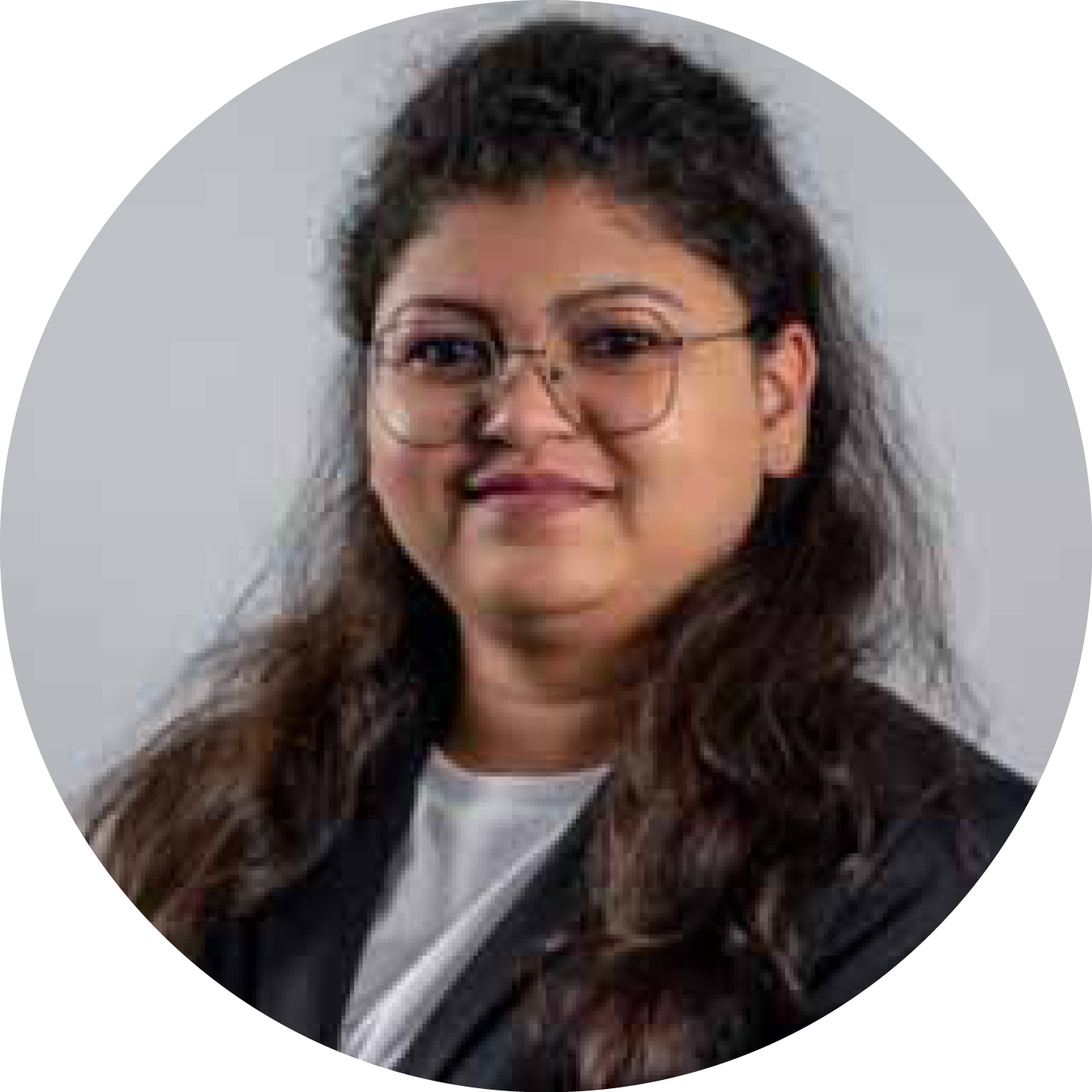
Bhagyashree Wankhede
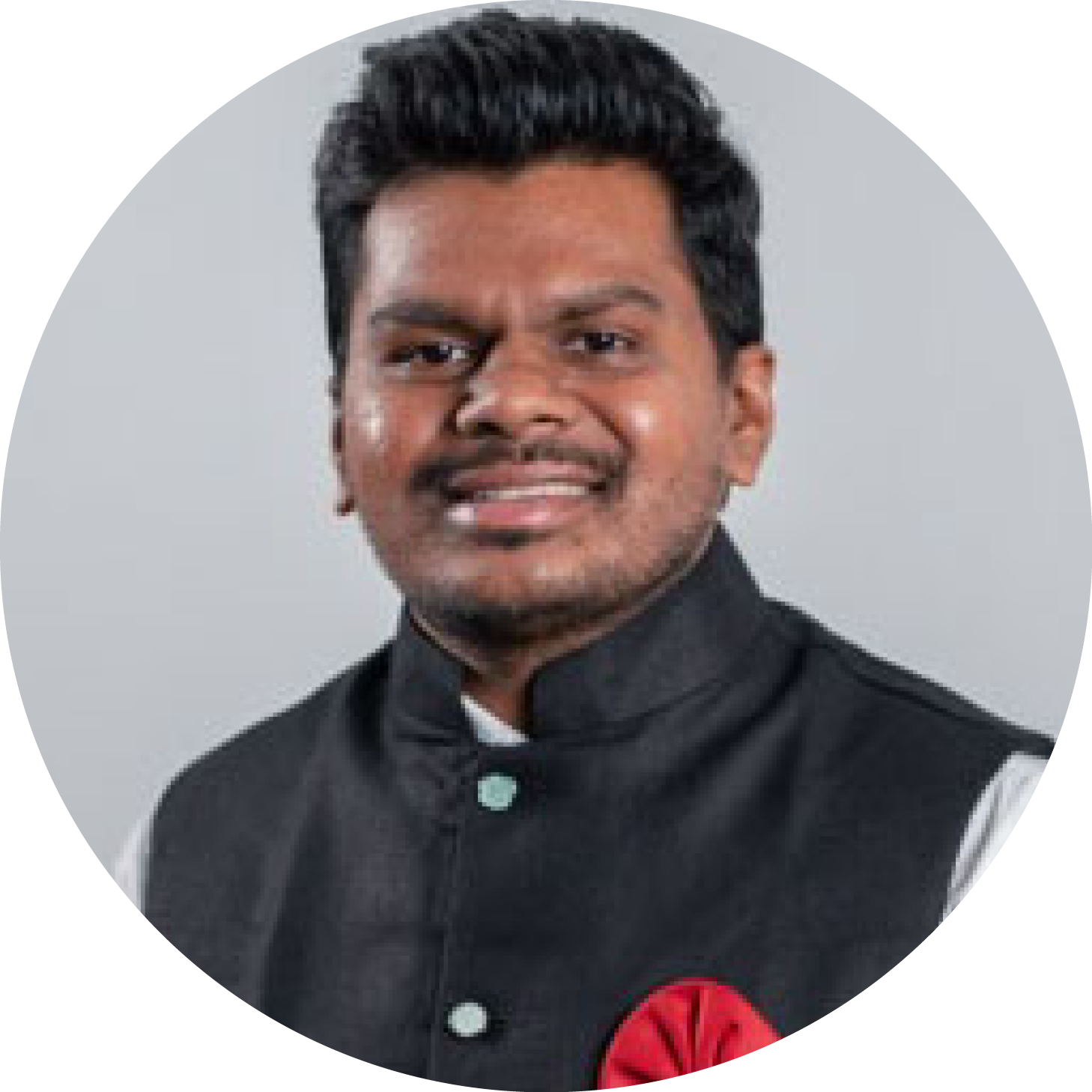
Bhanuru Harishwar
Associate
Showtime Consulting
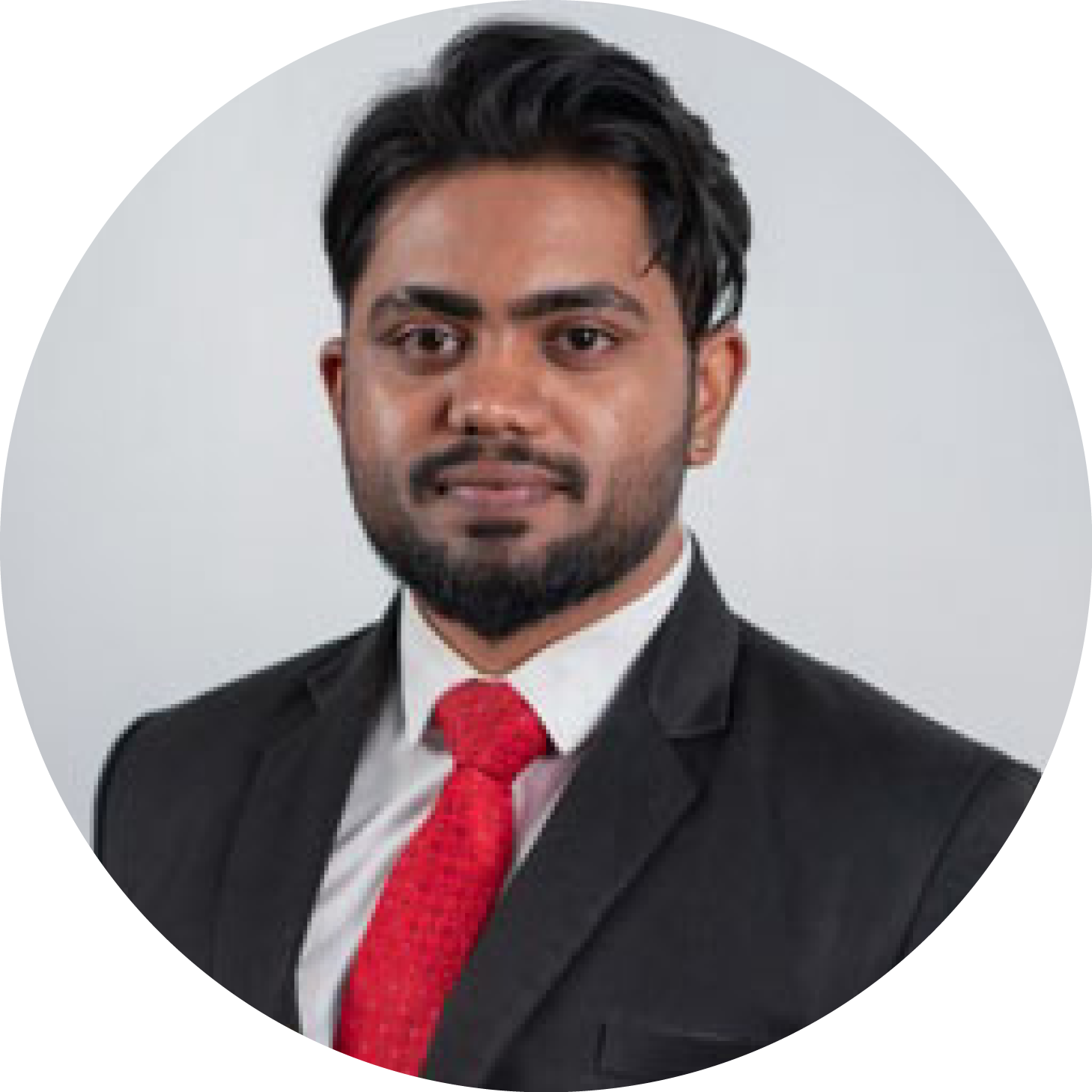
Garry Konda
Associate
Showtime Consulting
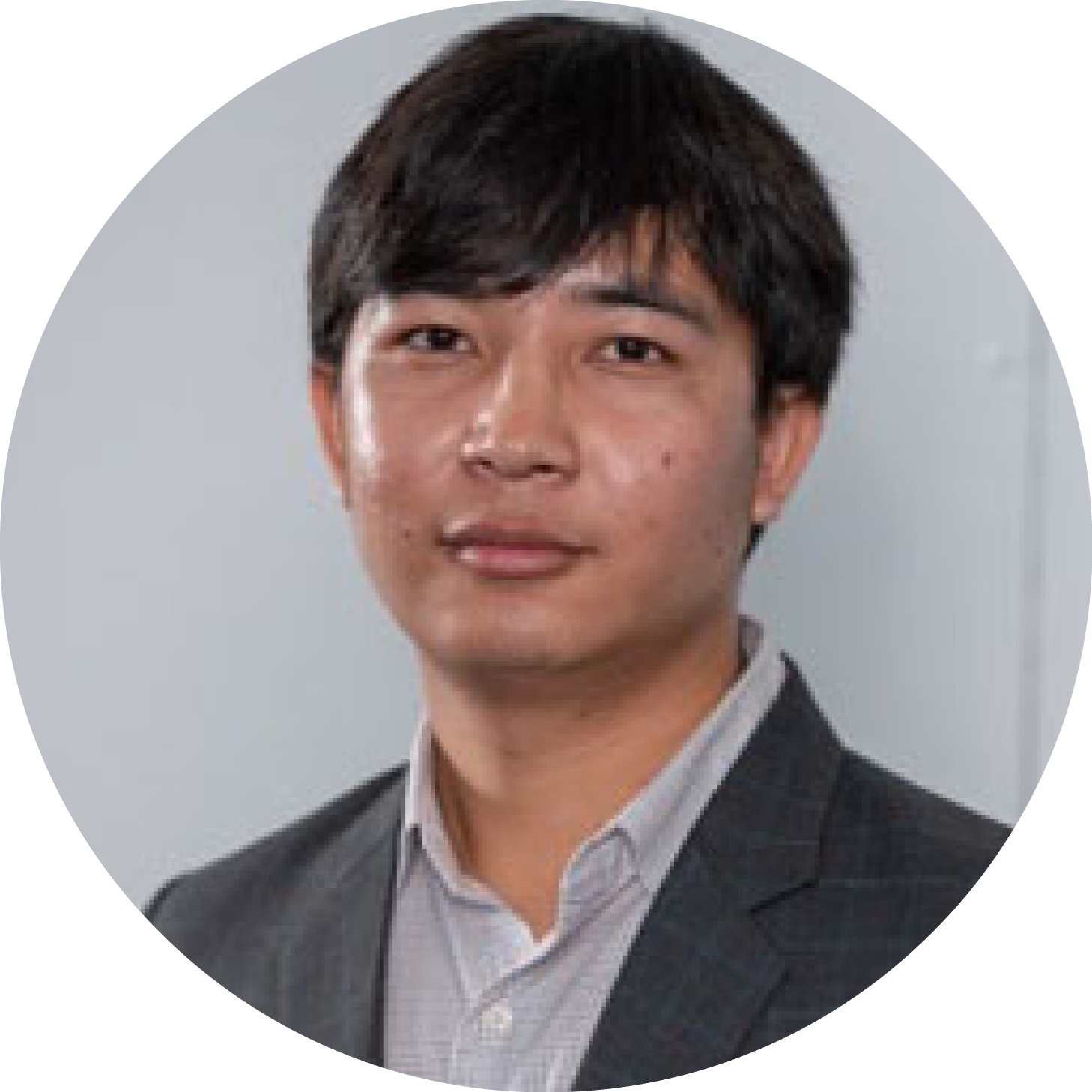
H Luaisangmuan
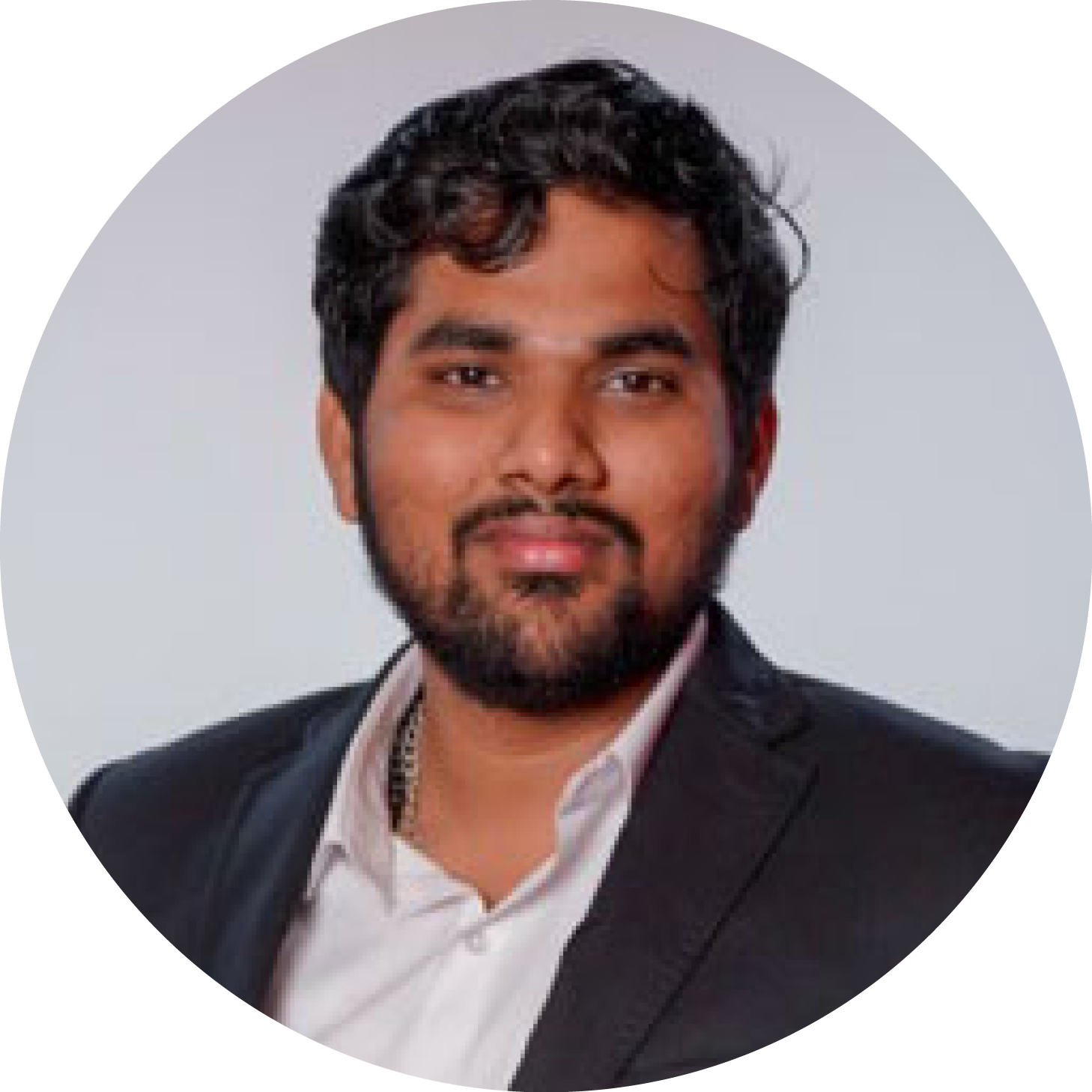
Lakshmanan S
Executive
Confederation of Indian Industry(CII)
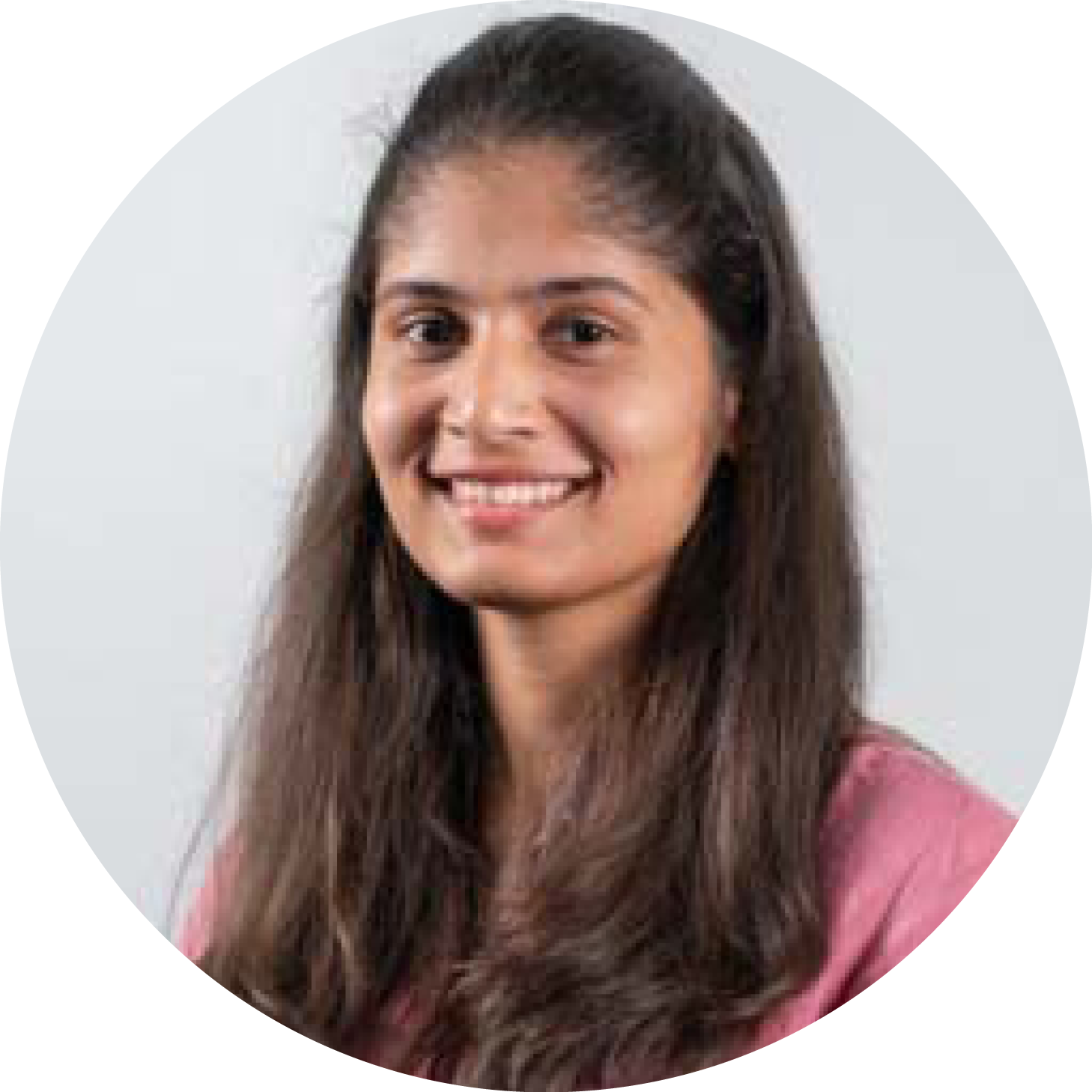
Lasya Chelikani
Policy Analyst
Global Forum for Sustainable Transformation(GFST)
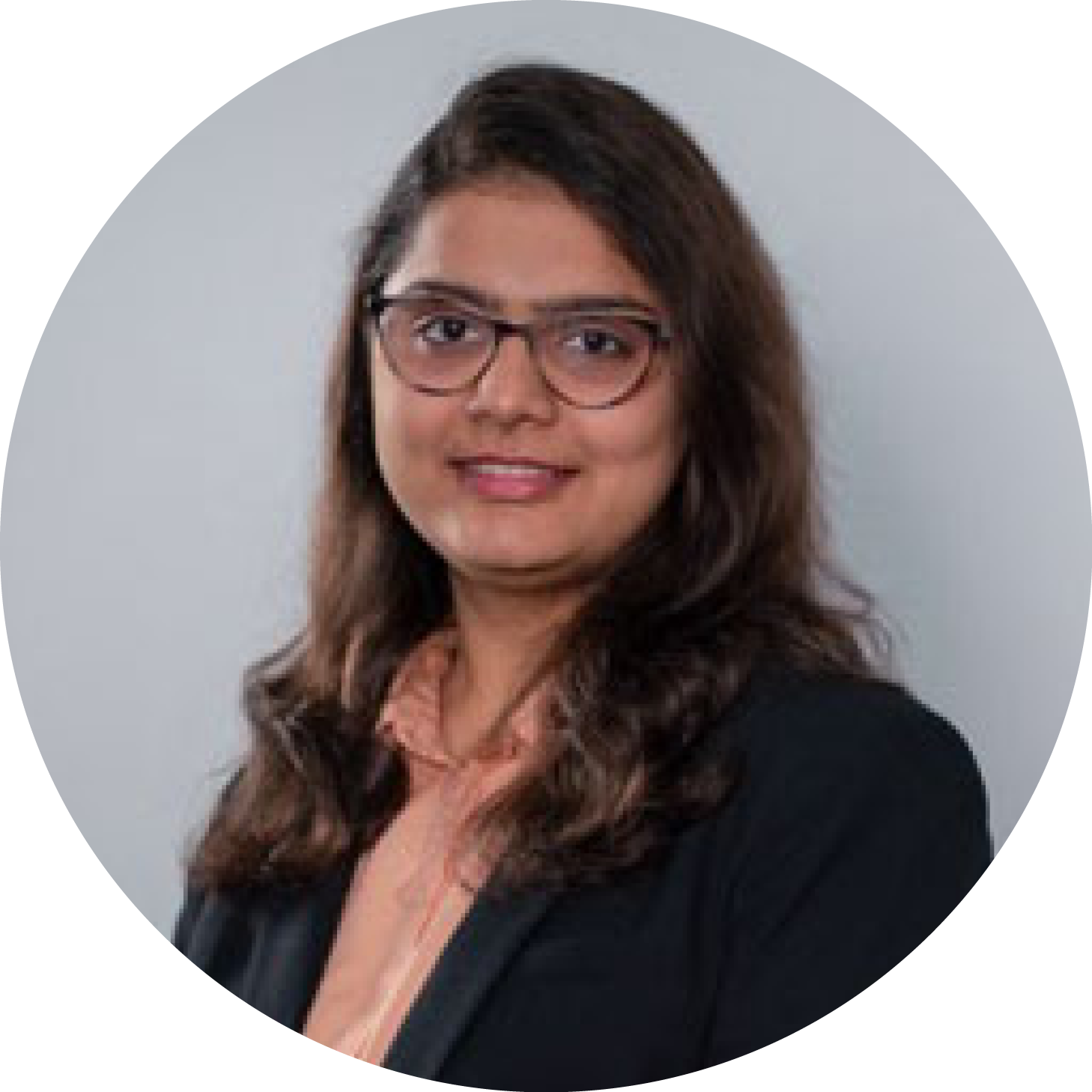
Lekhani Hamen Raja
Senior Associate
AuctusESG
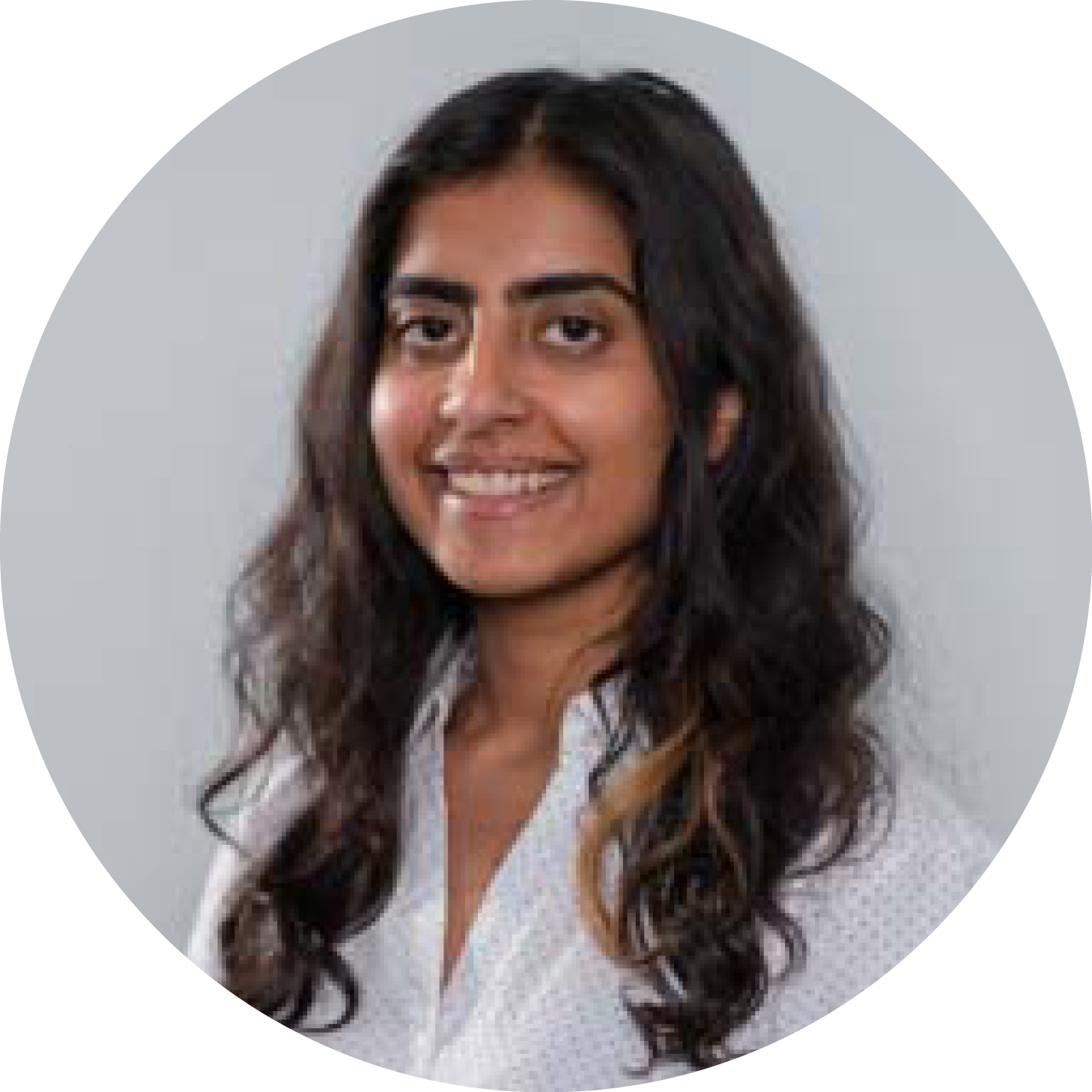
Nandini Diwan
Research Associate
Centre for Social and Behaviour Change(CSBC)

Nishant Puniani
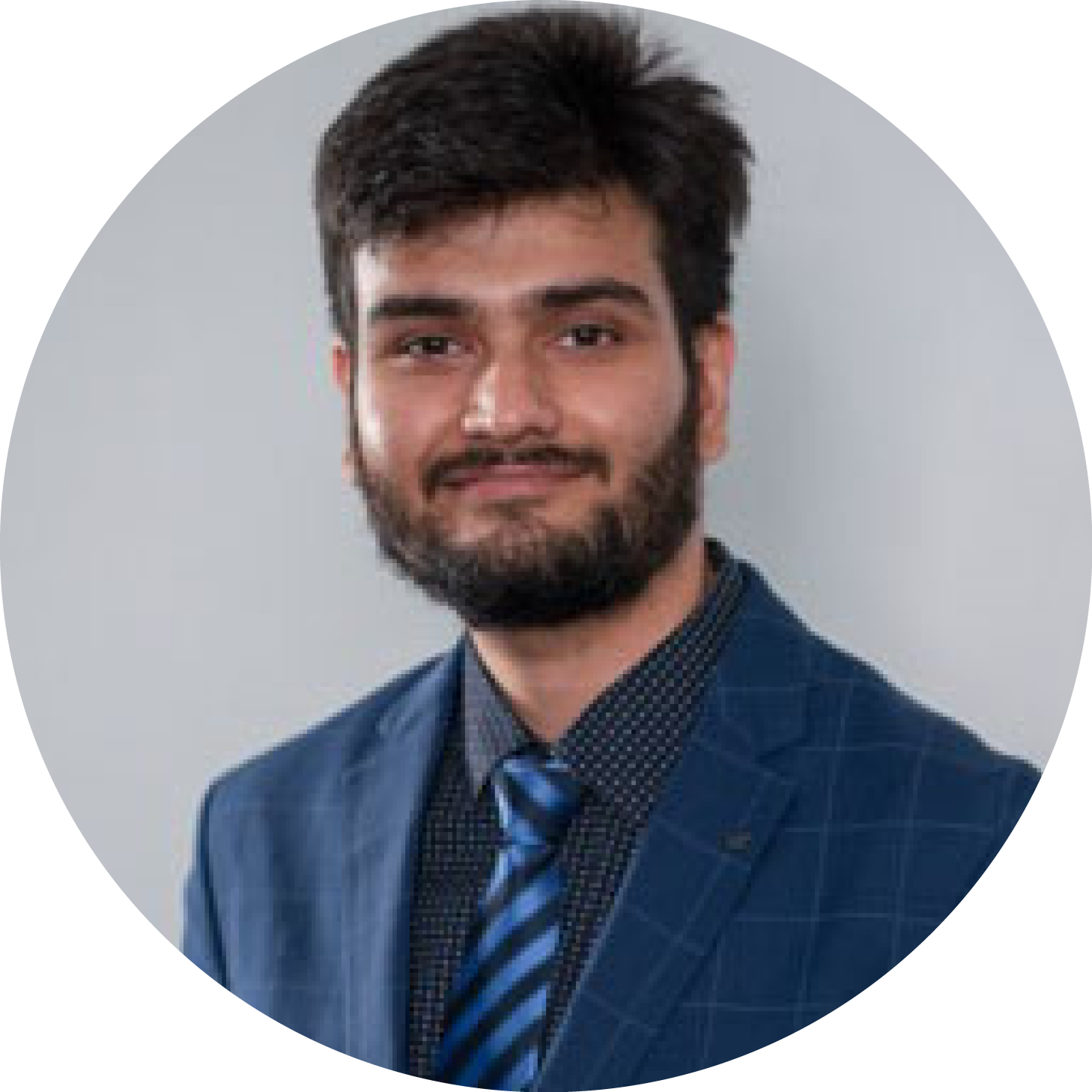
Oaishik Bhattaycharya
Associate Director
Geospatial World
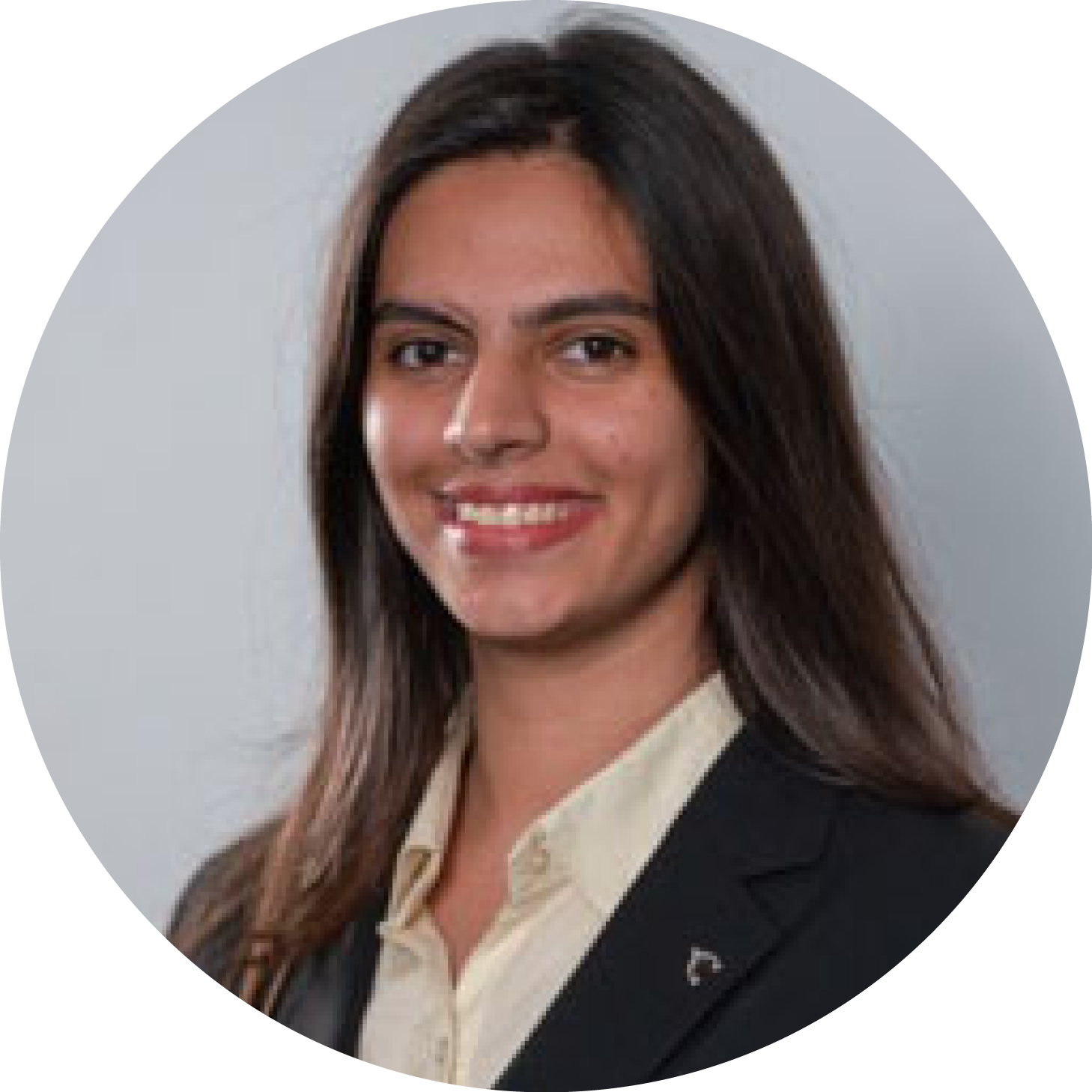
Pinaki Gakhar
Program Associate
Kautilya School of Public Policy
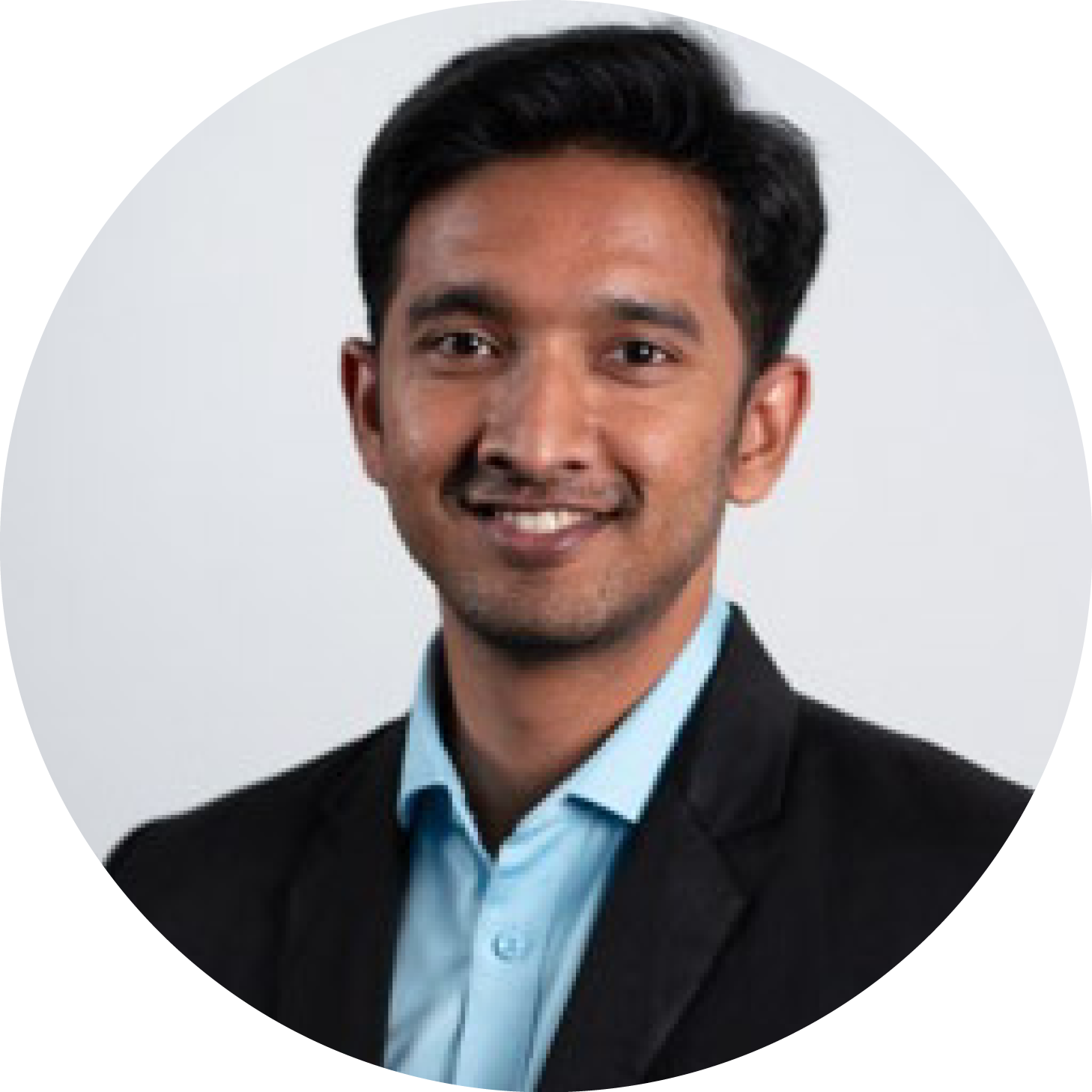
Pratheek Chandra
ESG Analyst
Ctrl-S
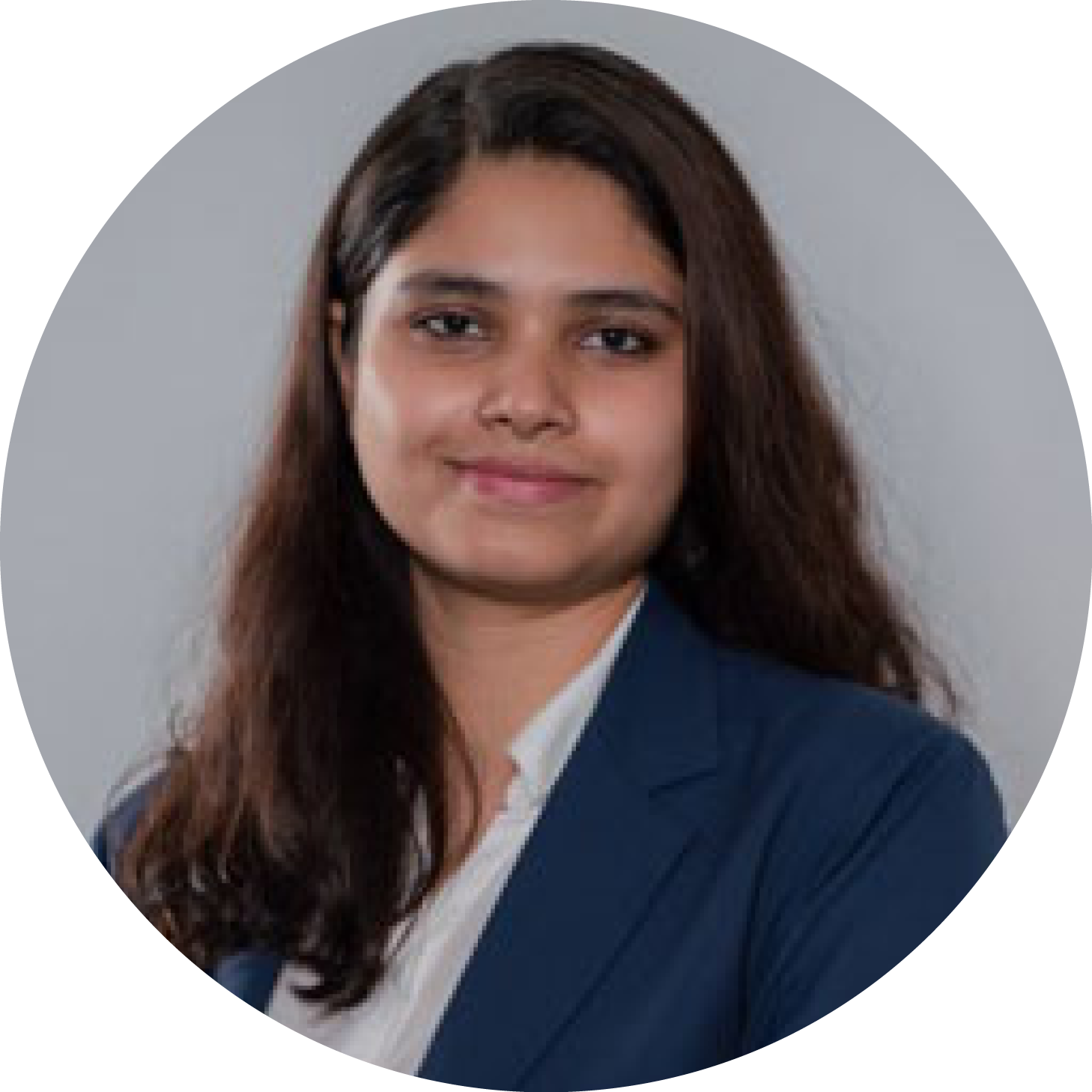
Purvasha Anand
Senior Associate
AuctusESG
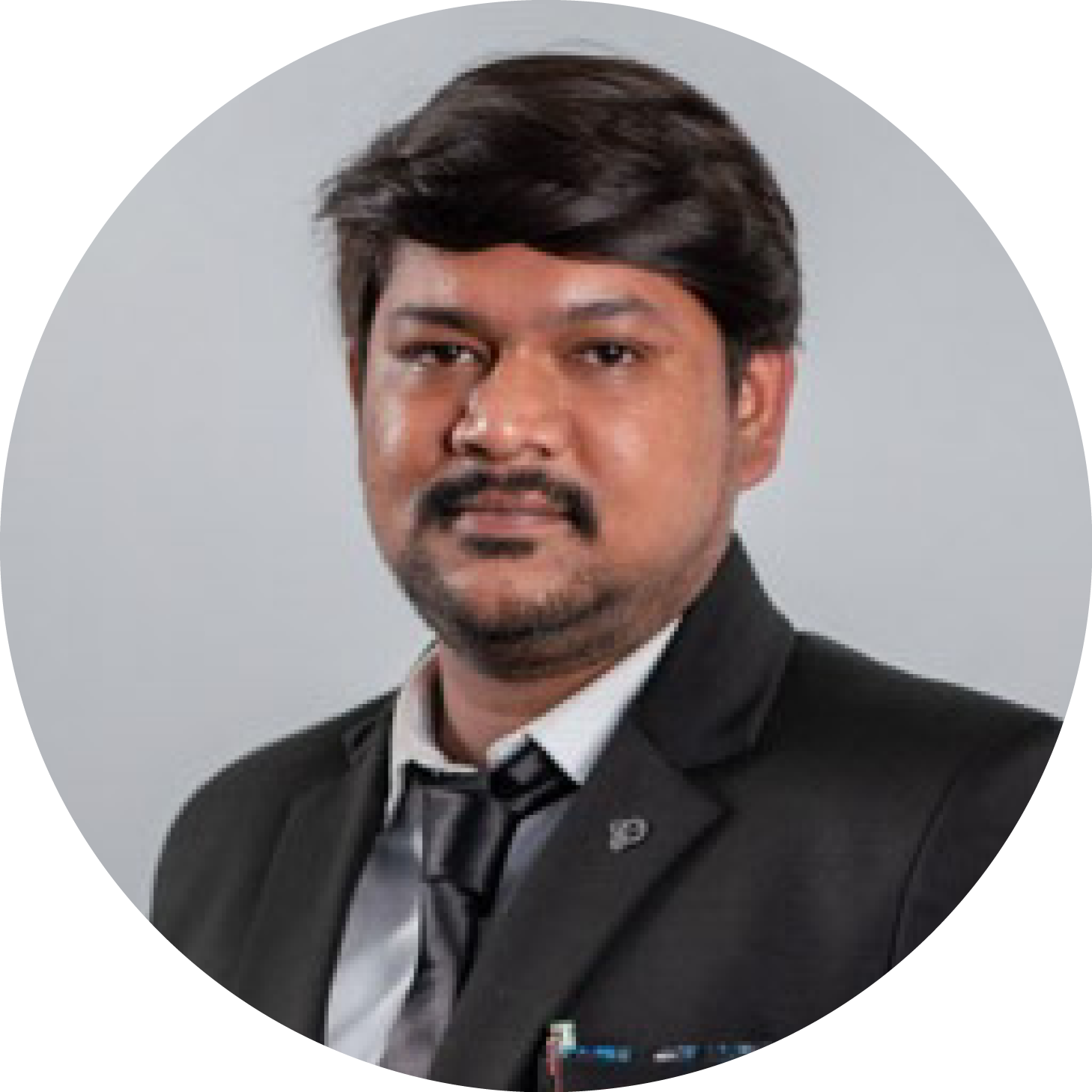
Rohit Singh Gautam
Research Associate - Centre for Public Policy Governance and Performance
Administrative Staff College of India(ASCI)
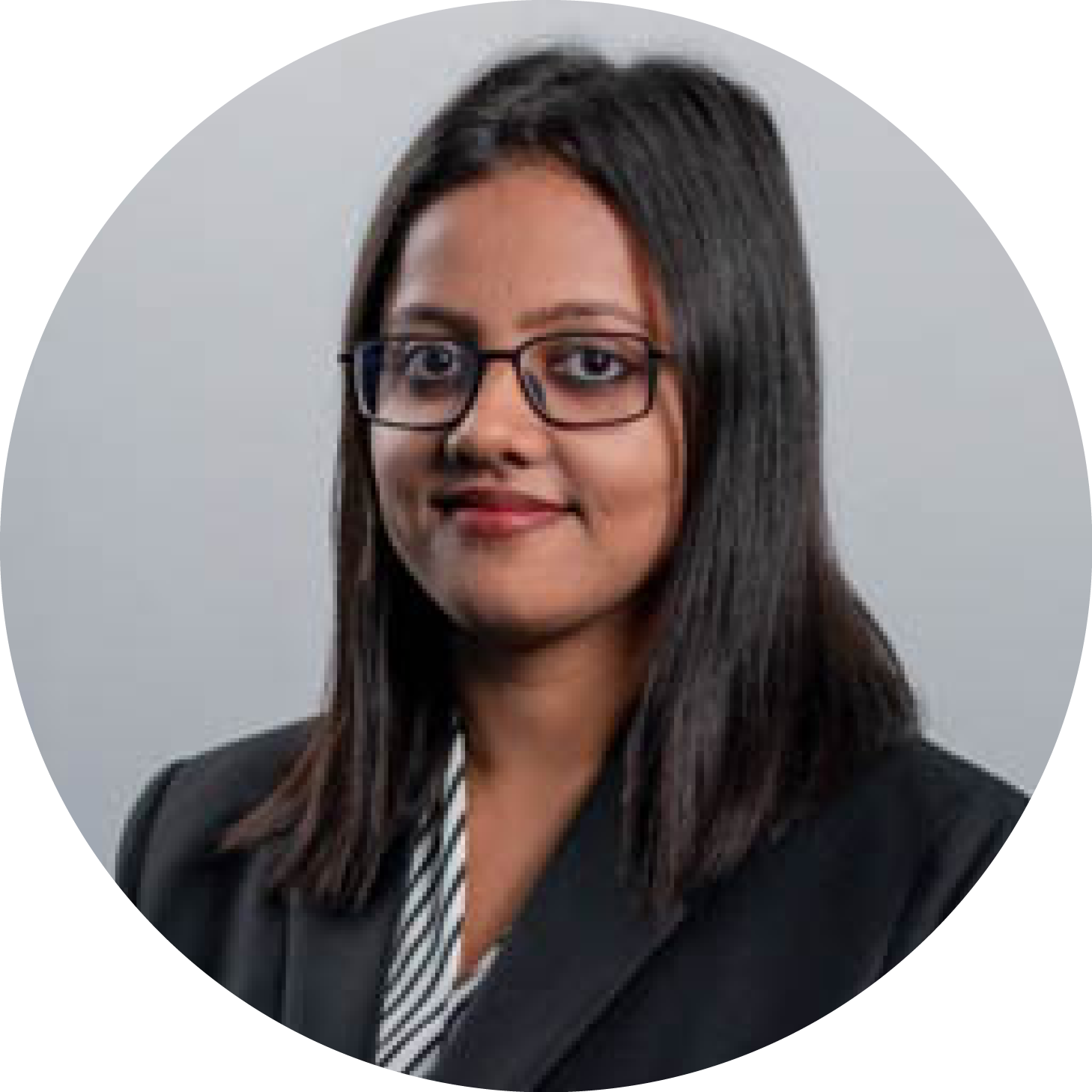
Saumya Anand
Associate - Policy Outreach and Government Relations
NASSCOM
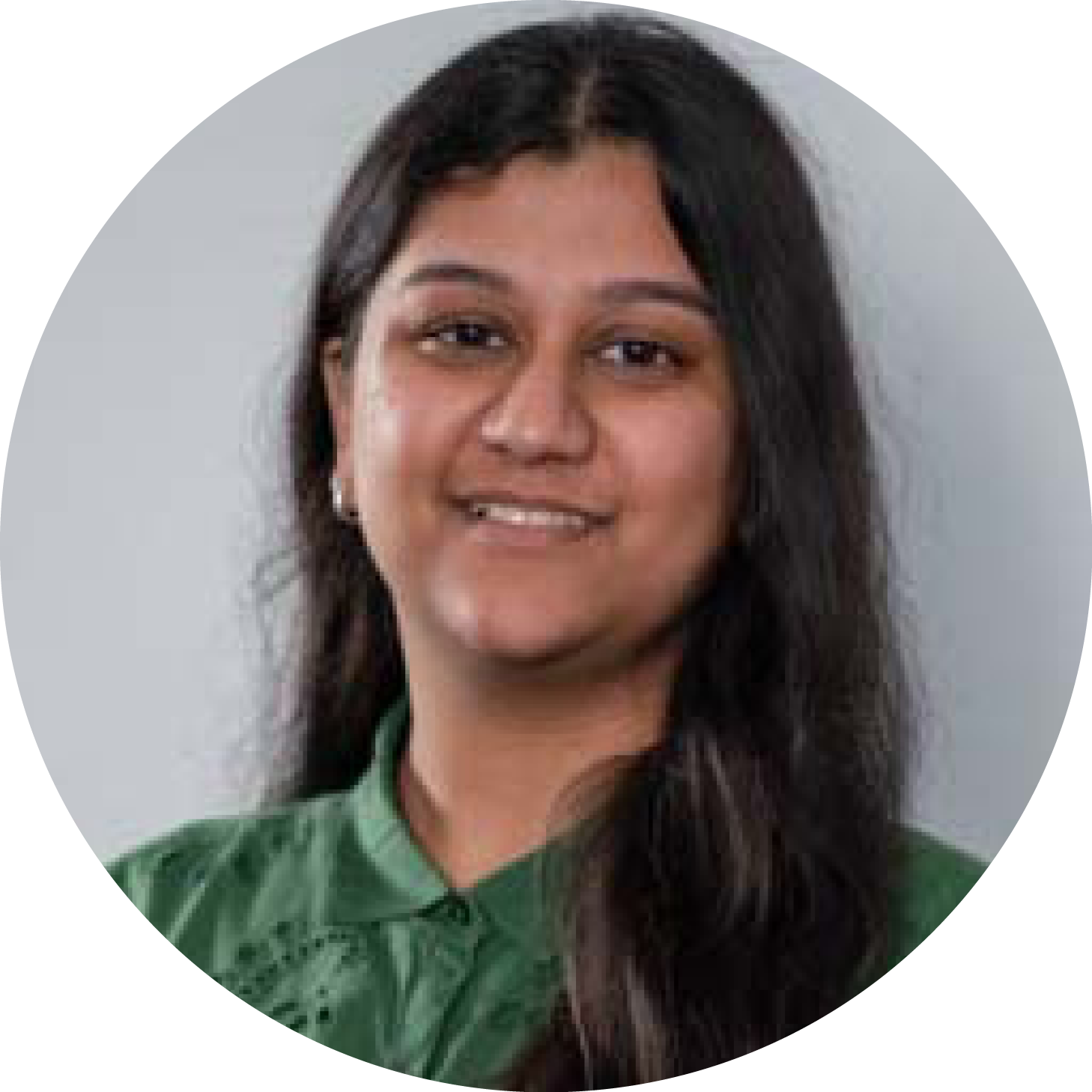
Shanam Rafique
Lead Analysts - Solutions
WNS Global Services
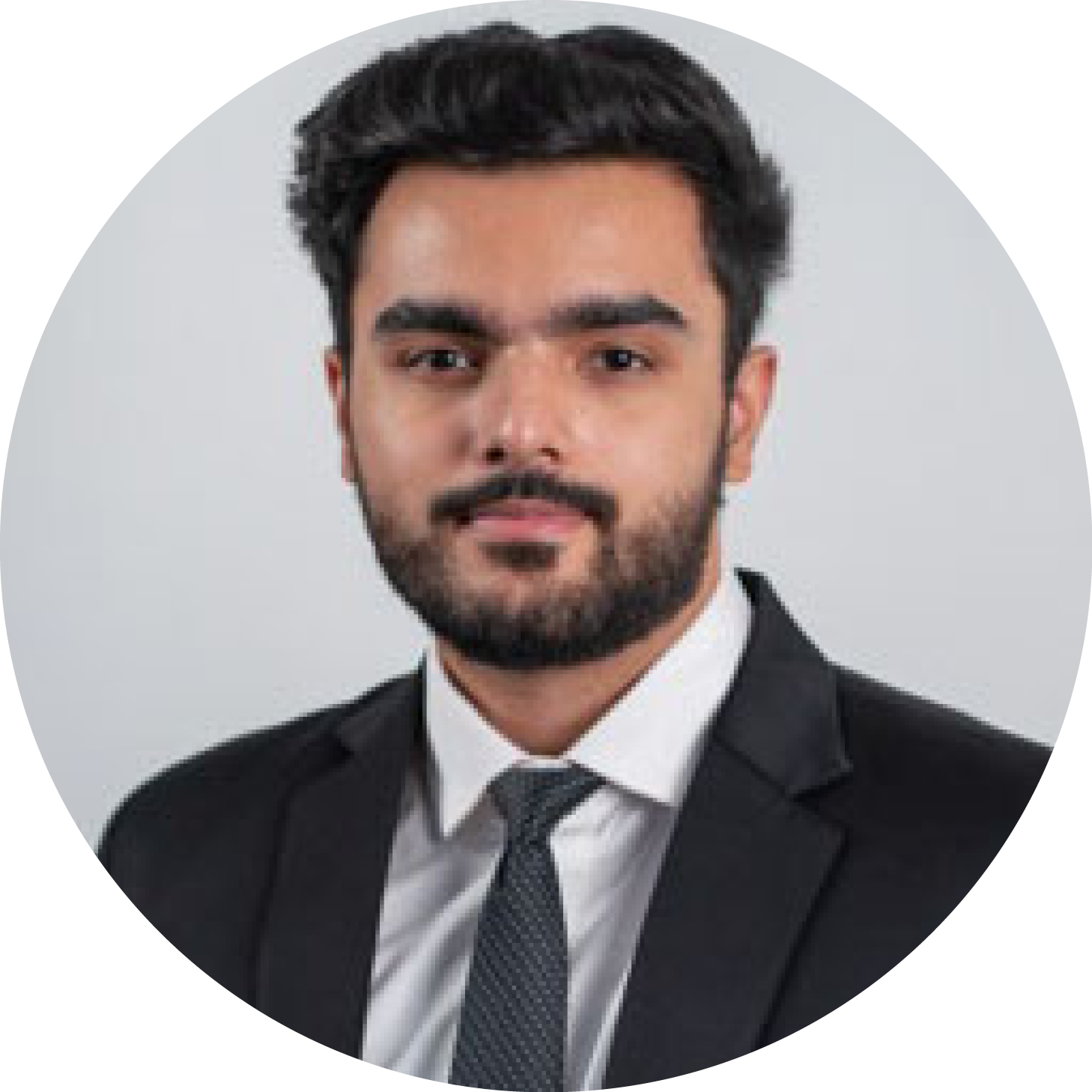
Shitiz Jha
Research Associate
Climate Trends
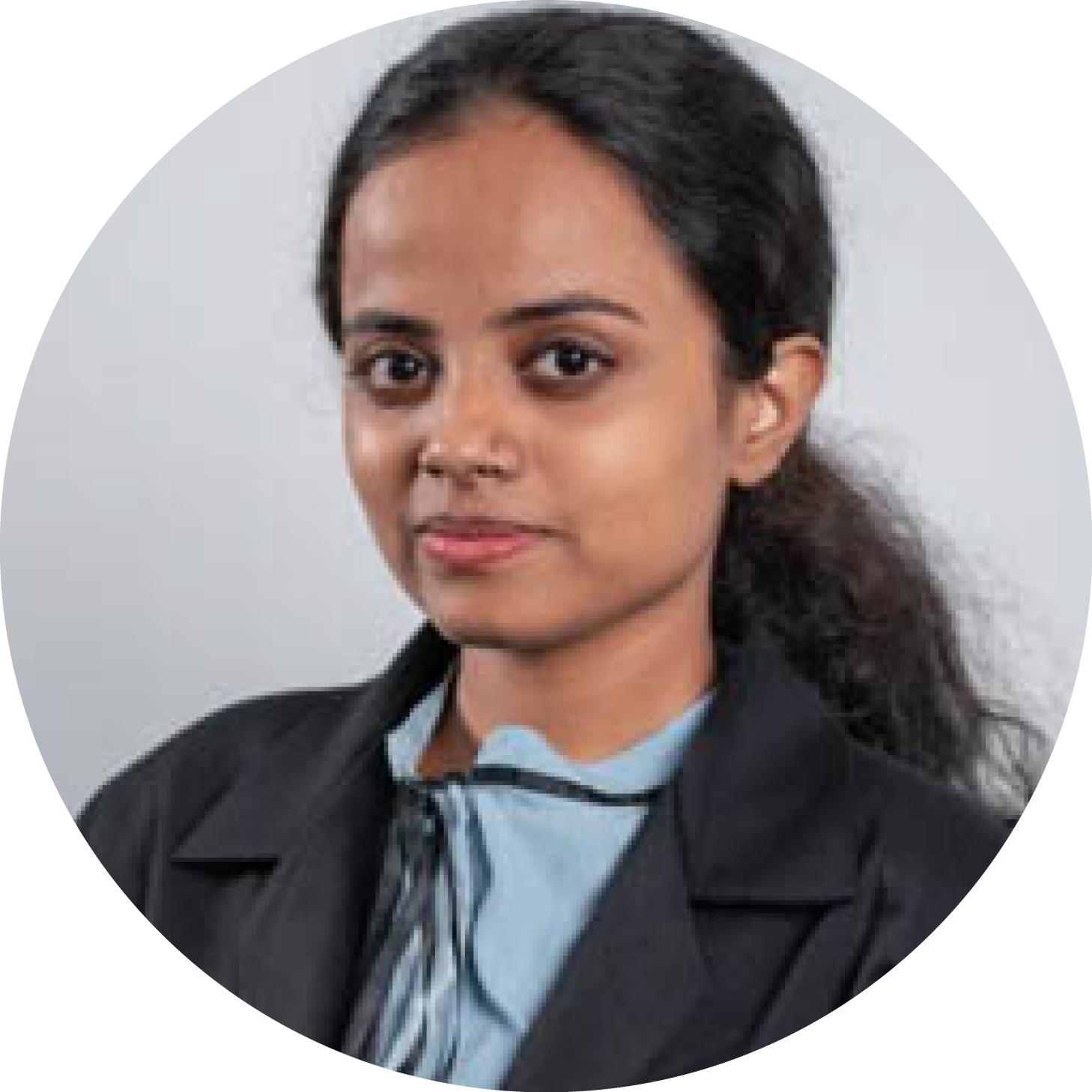
Shivani Kulkarni
Trainee - CSR
Mercedes Benz
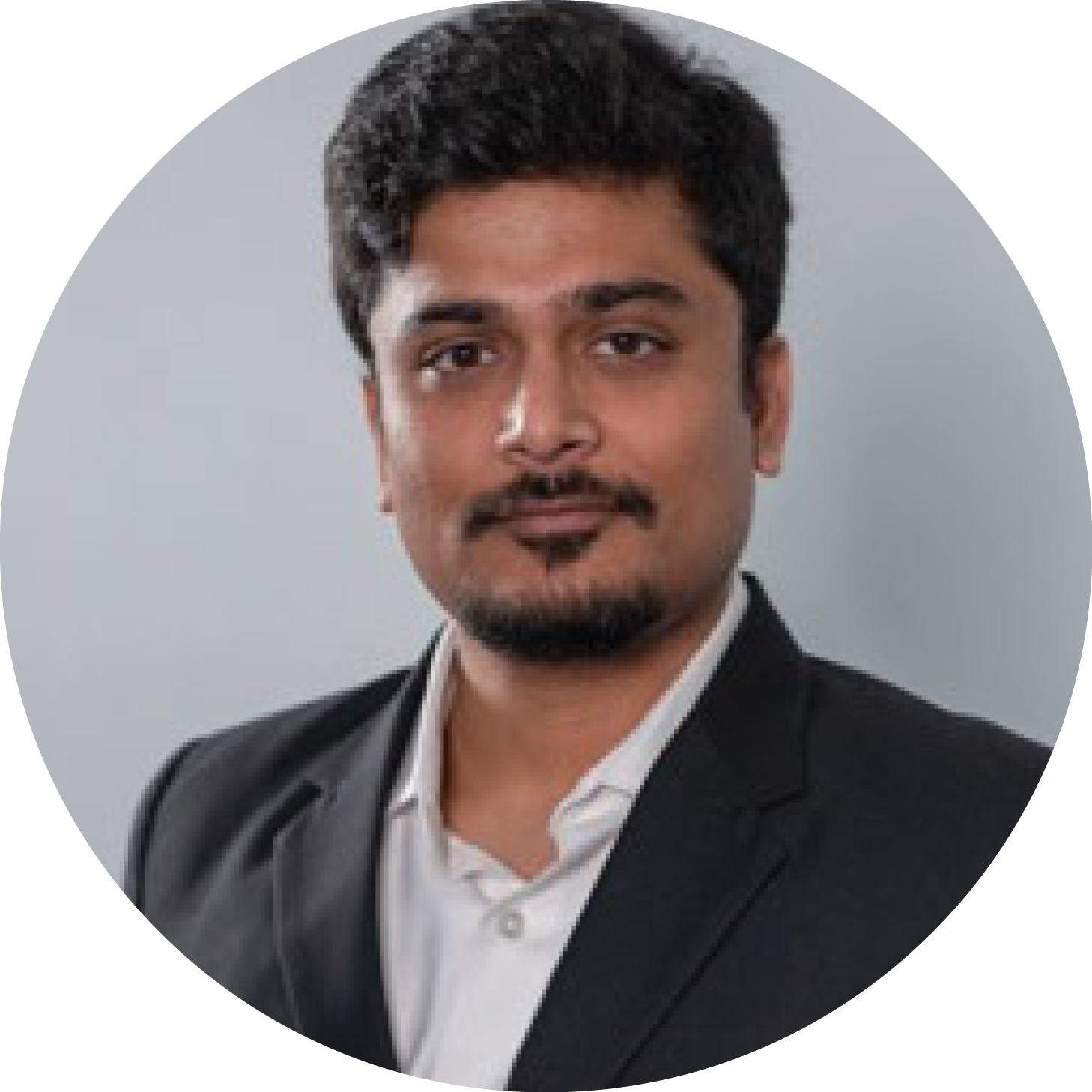
Siddharth Rao
Chief Content Editor
ETV Bharat
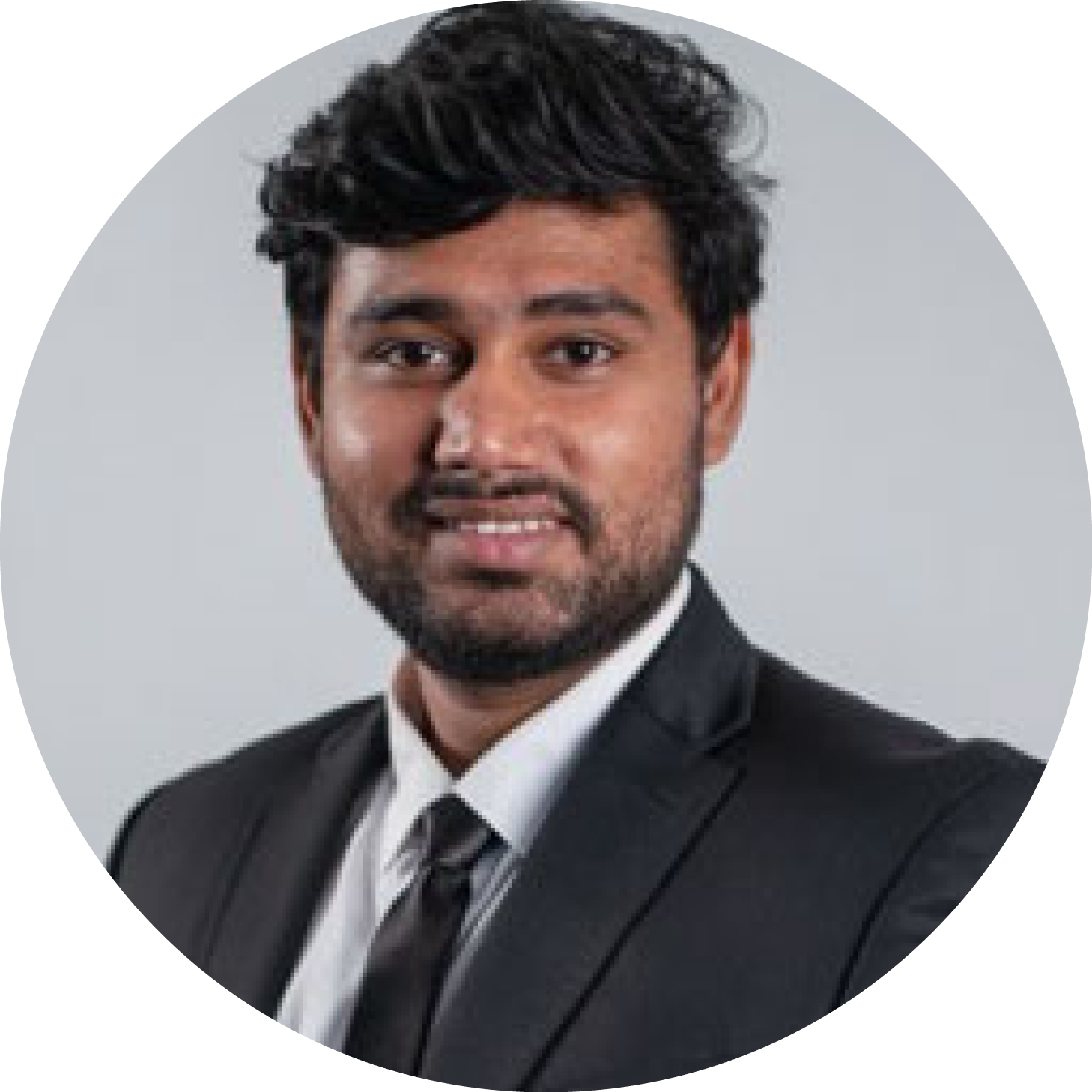
Srajan Mishra
Consultant
Council on Energy, Environment and Water(CEEW)
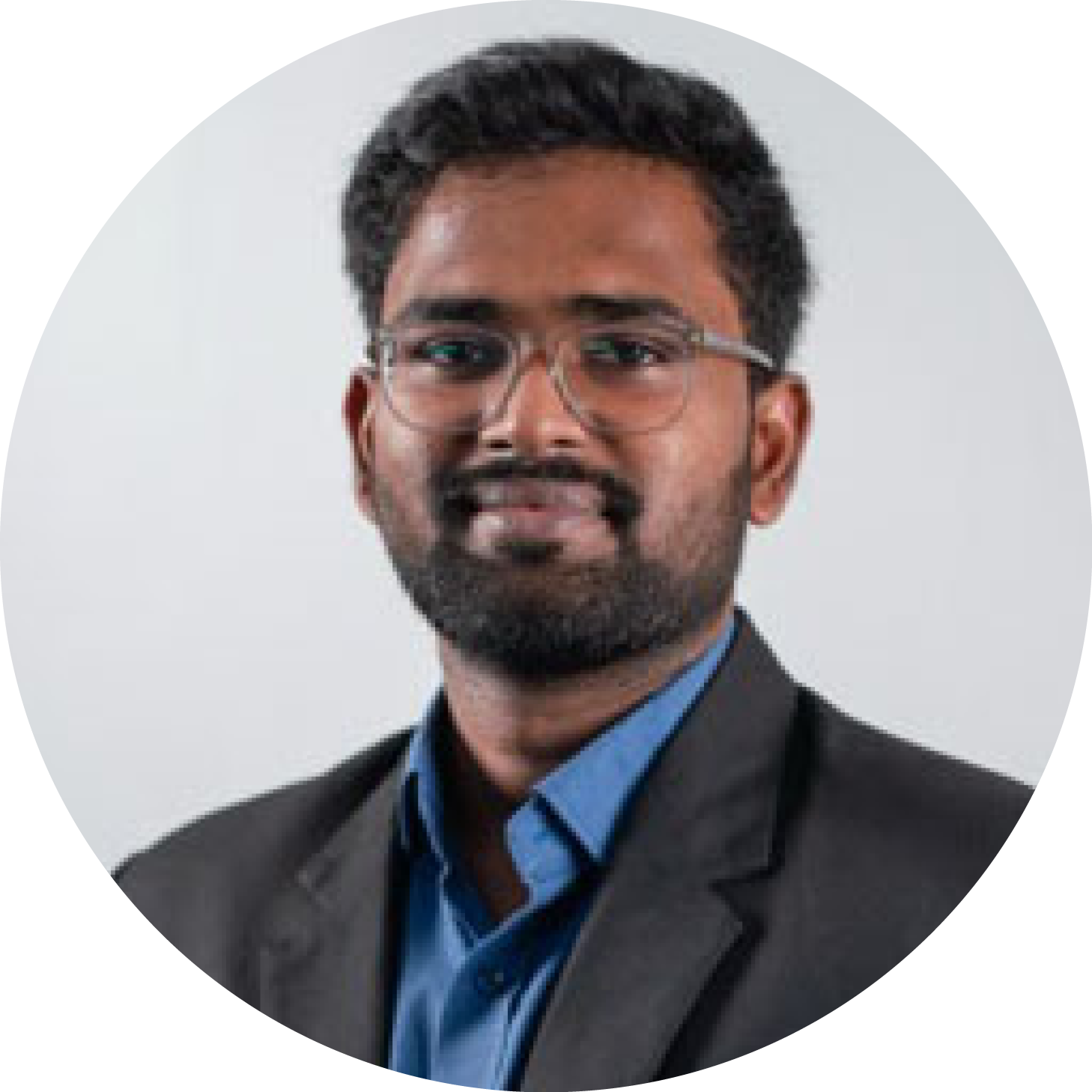
Sree Harsha Cherukuri
Managing Director
Vibenear
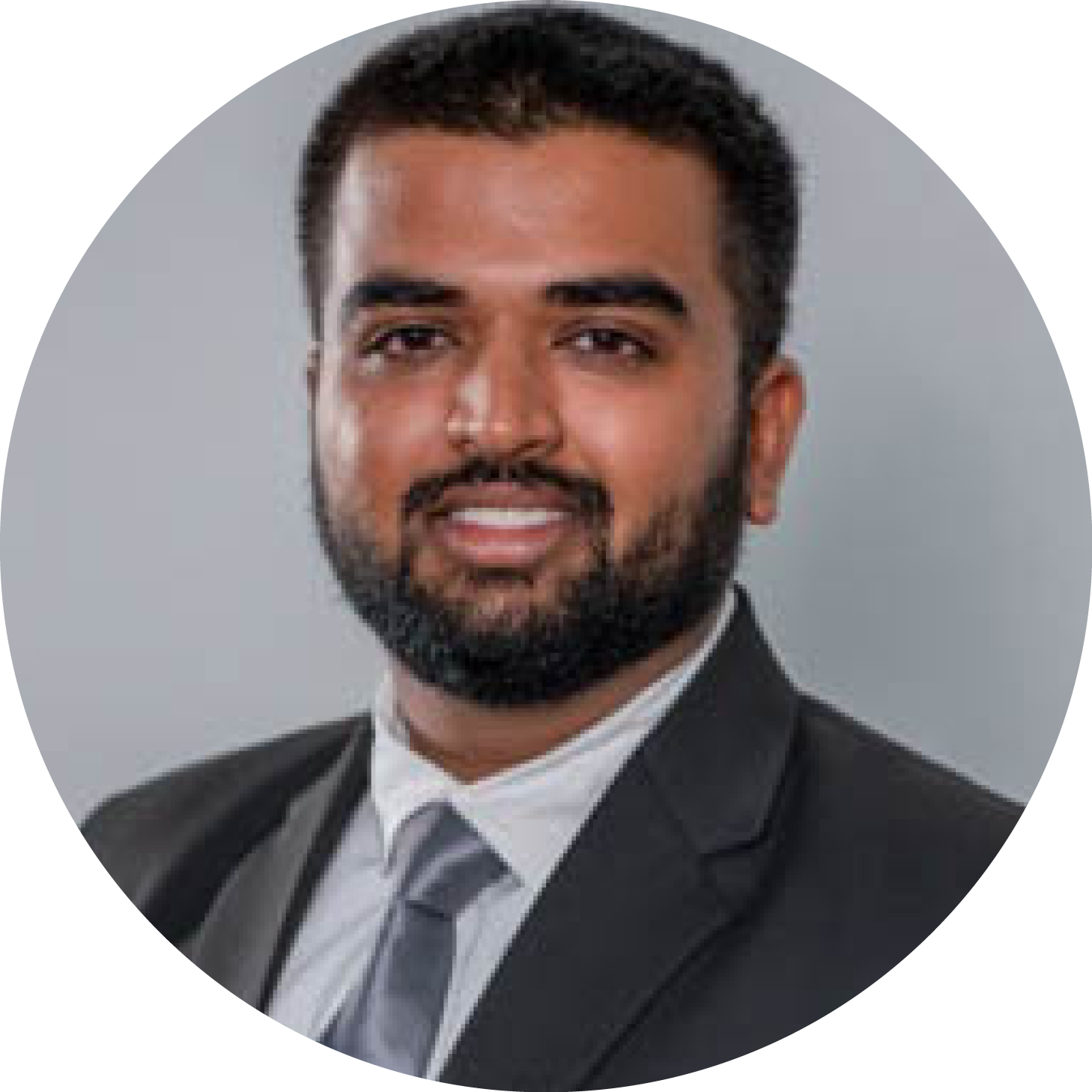
Subhash Varma Gottumukkala
Consultant - Centre for Energy Studies
Administrative Staff College of India(ASCI)
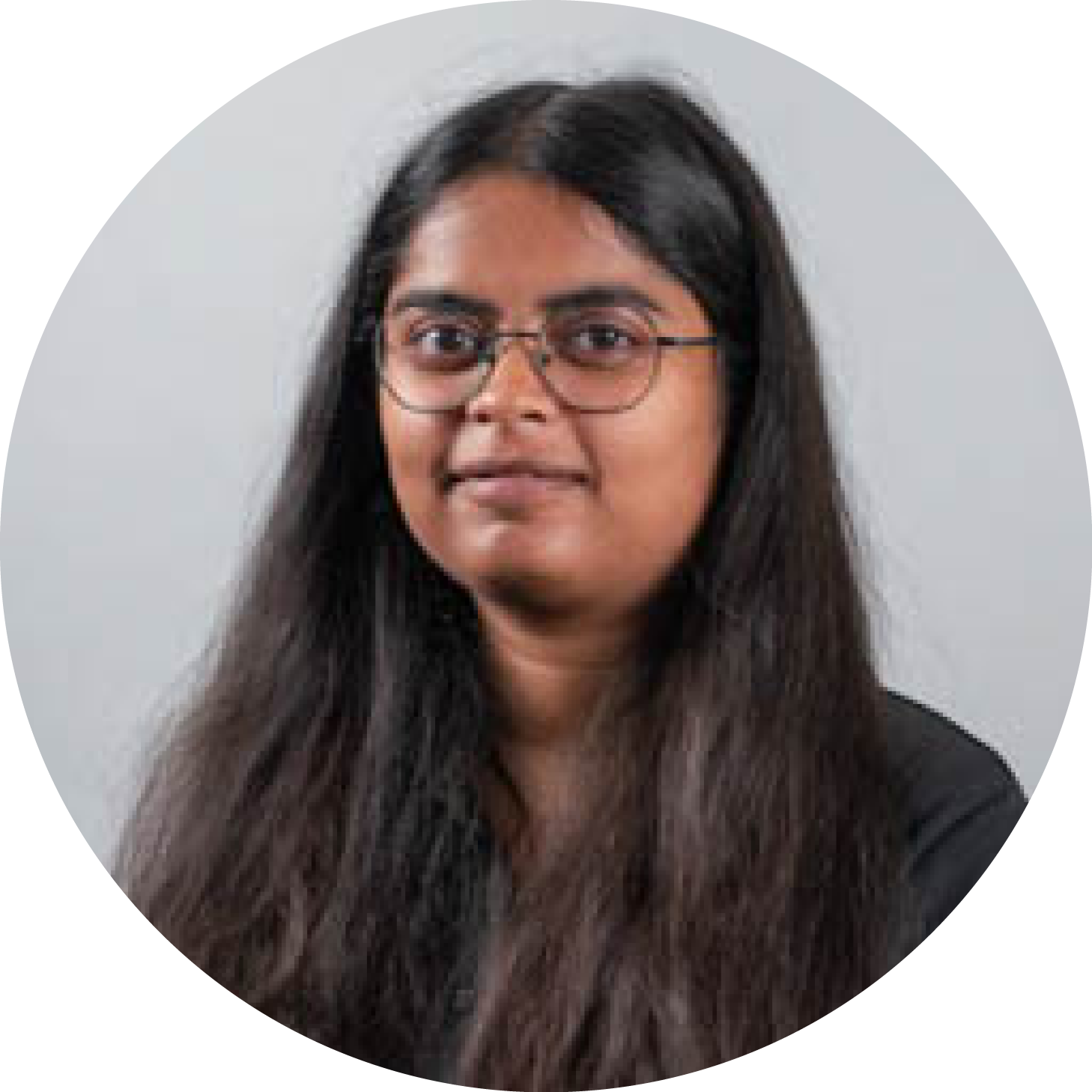
Vaibhavi Awasthi
Associate Consultant
KPMG
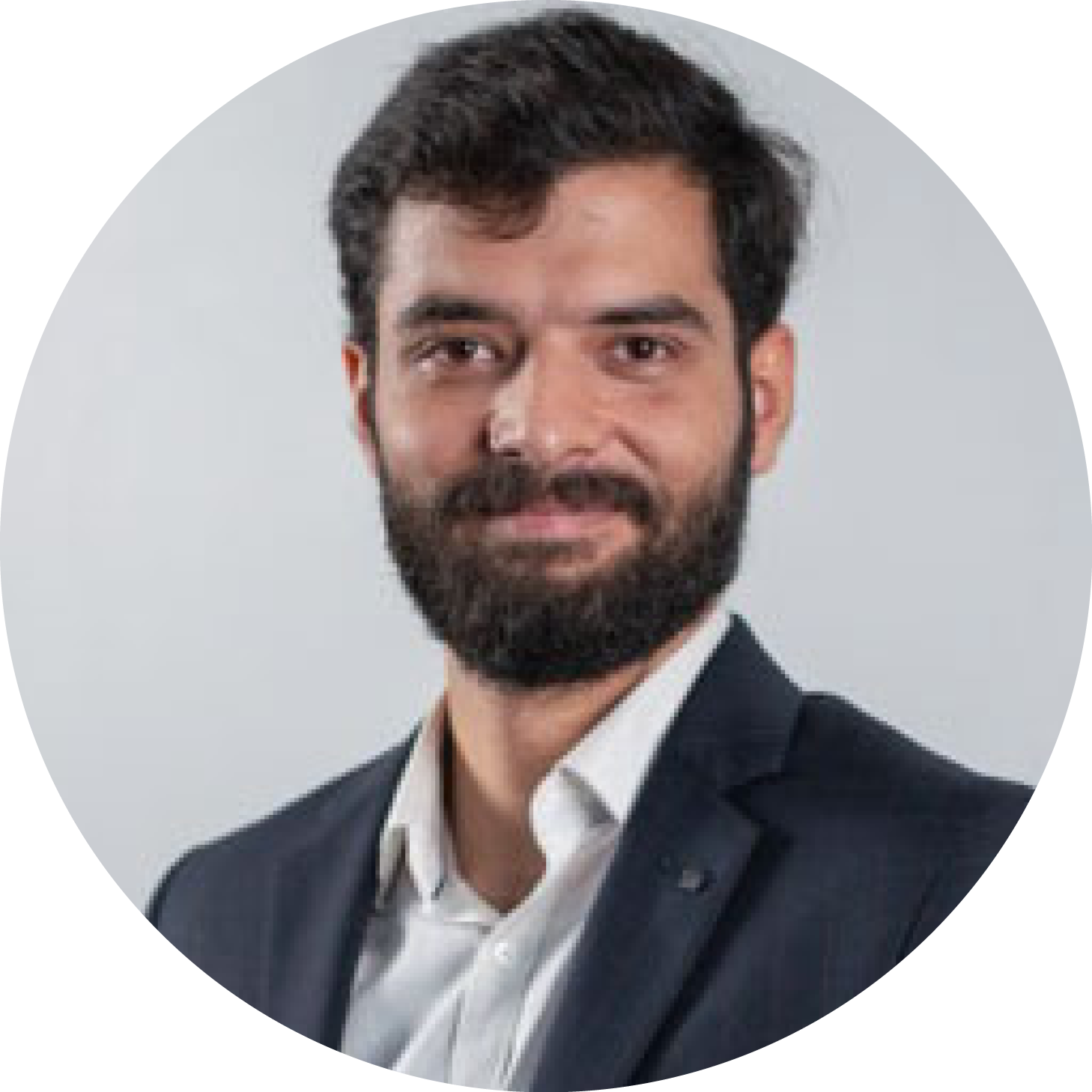
Vivek Kalhan Reshi Raina
Policy Fellow
Office of the principal scientific adviser to the government of India (IISc Bangalore)
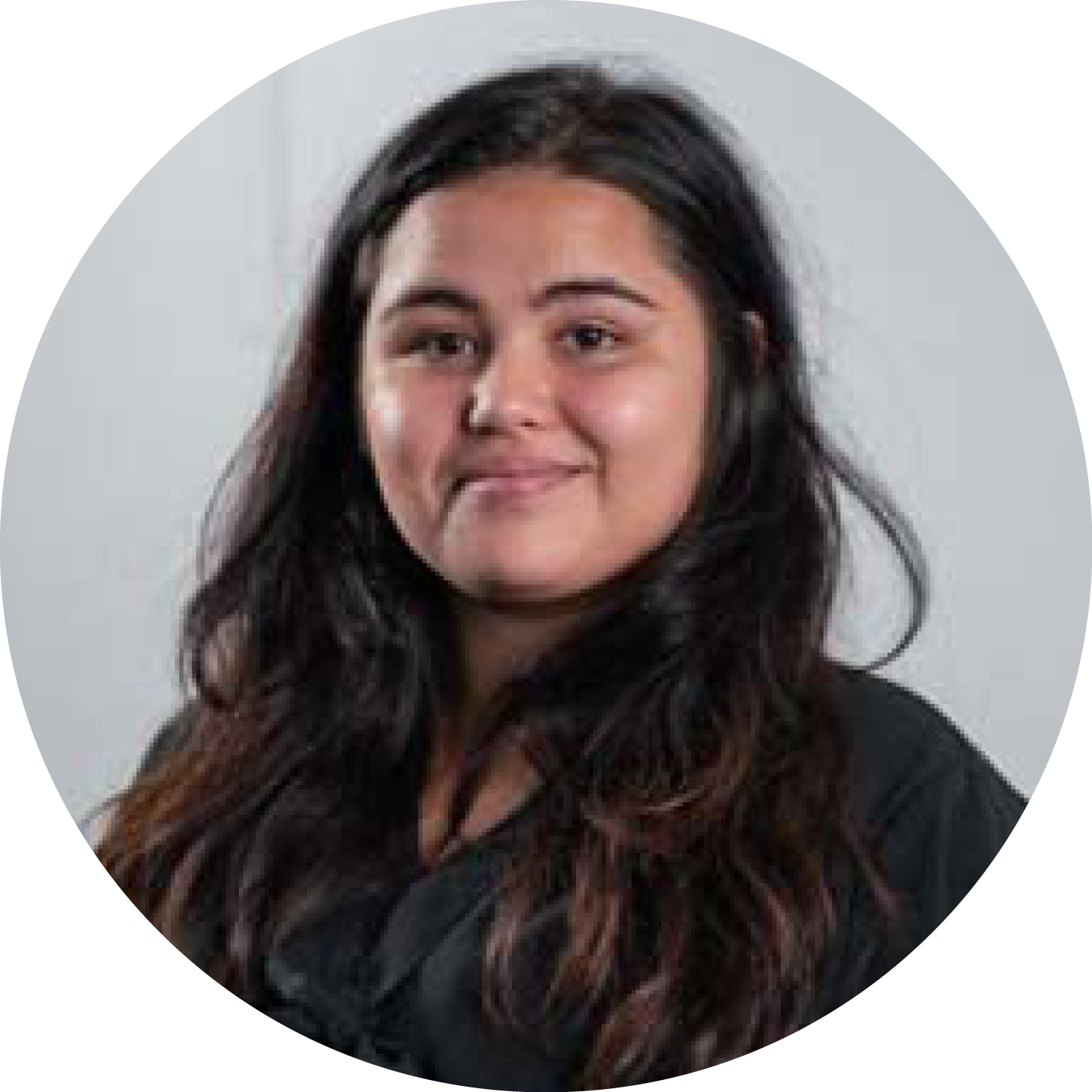
Yvonna Tia Steele
Research Associate
Pahle India
Batch 2022-24
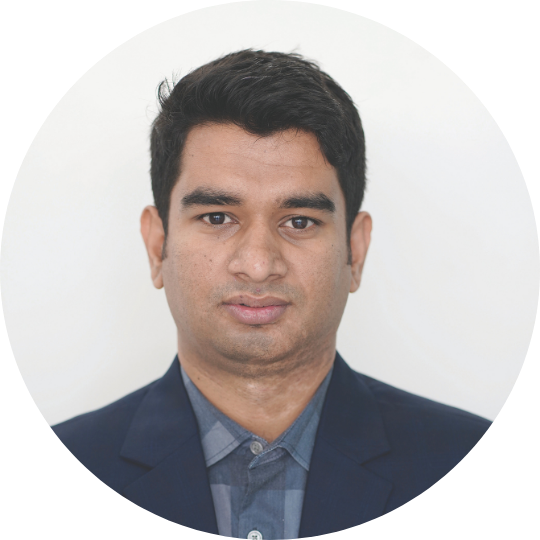
ANKUR VYAS
Industry Manager - AEC Consulting Projects
Geospatial World
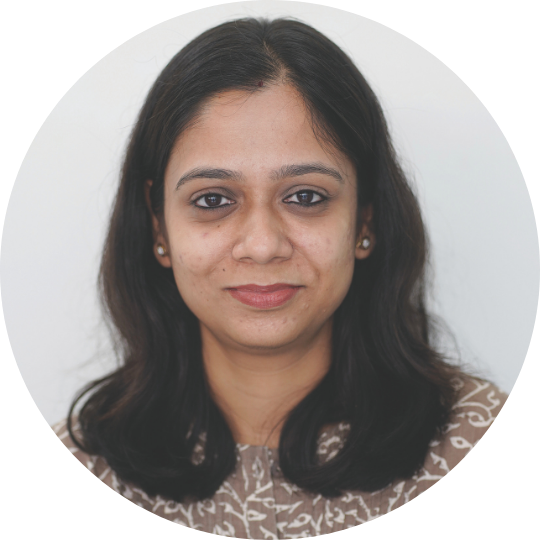
ANTARA MAITRA
Manager - Corporate Affairs
JSW Energy
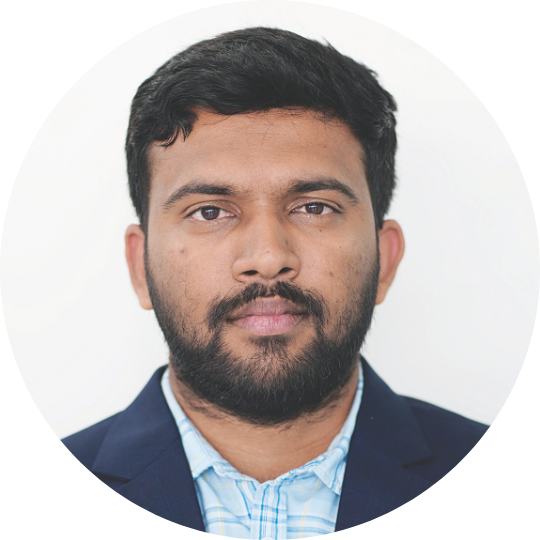
G SAITEJA REDDY
Office of M. Sribharat, MP
Visakhapatnam.
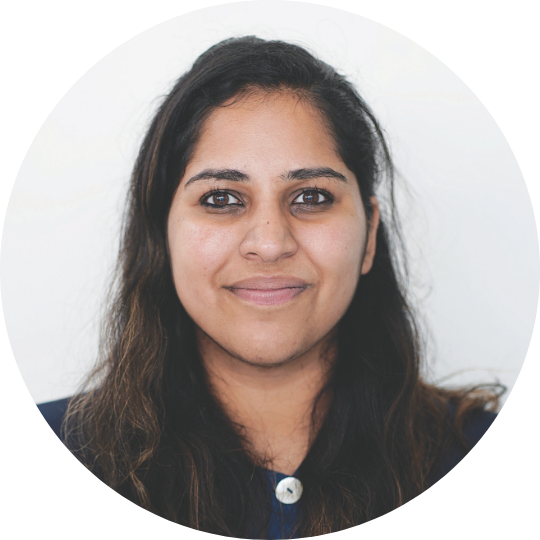
GARIMA GOEL
Chief Digital Officer
Panchanan International Pvt Ltd
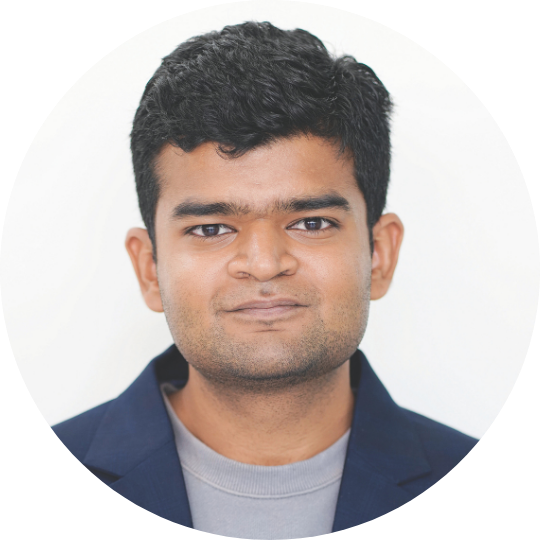
MALCOLM HENDRICKS
Senior Associate – Policy
DSCI
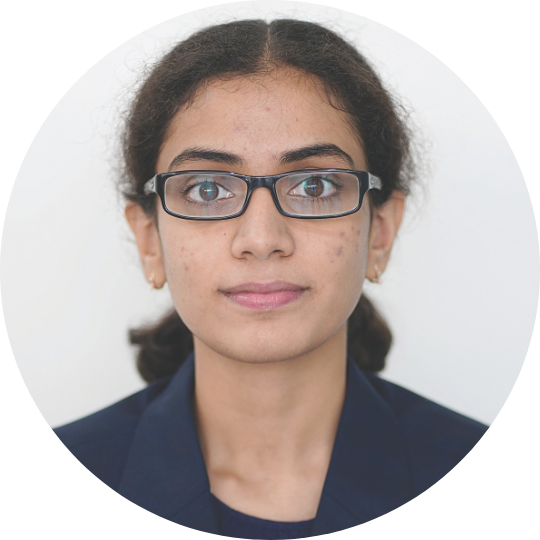
PRANITHA PULLAMARAJU
Project Management Officer: Operations Management and Government Relations
TTE Electronic India Pvt. Ltd (TCL)
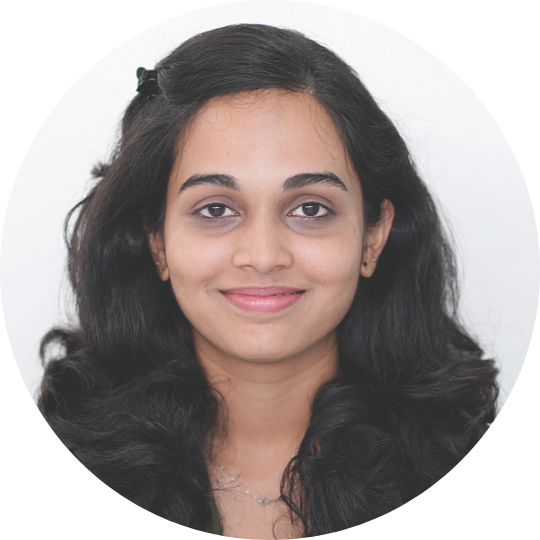
PRIYA BHATKAR
Architect
Godrej Properties Ltd.
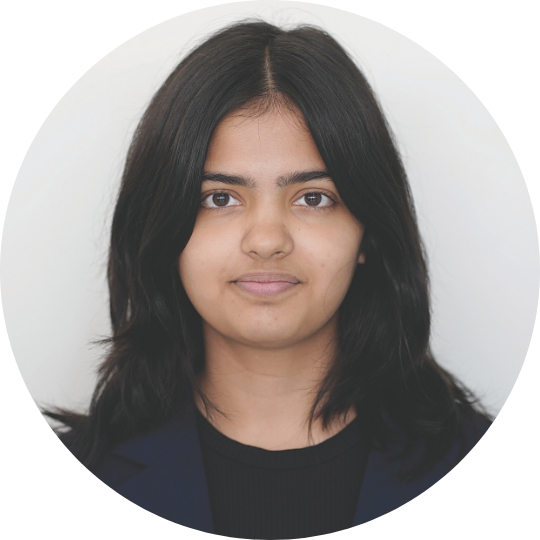
RASHIKA SINGH
Assistant Manager
auctusESG
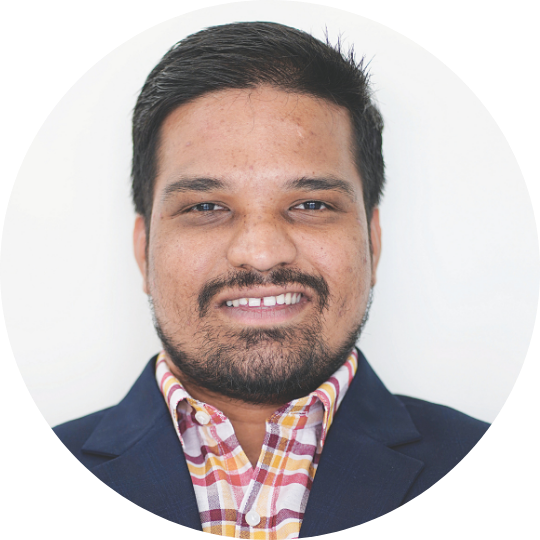
SANKET MATE
Intern
auctus ESG
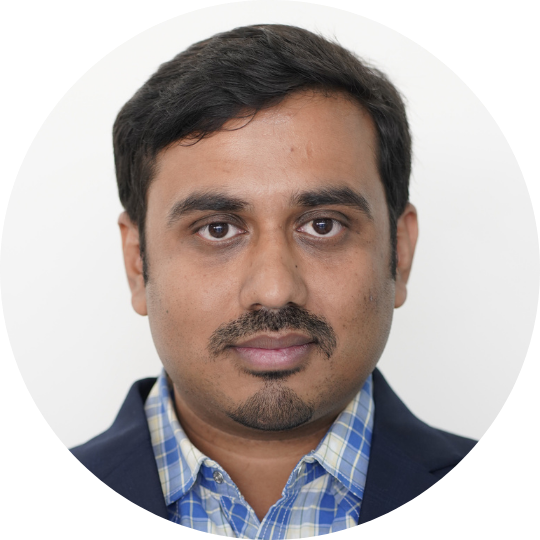
SHIWANG SINGH
Young Professional
Ministry of Civil Aviation, Government of India
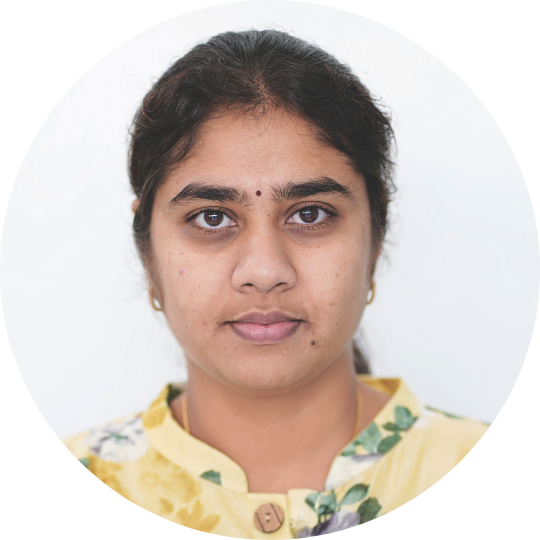
SRUTHI MURTHALA
Lead ESG Strategy
CtrlS Datacenters Ltd
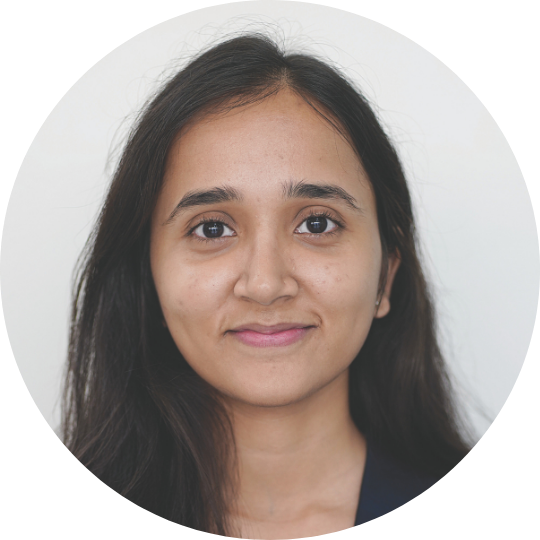
SUNIDHI SINGH
Assistant Manager
auctusESG
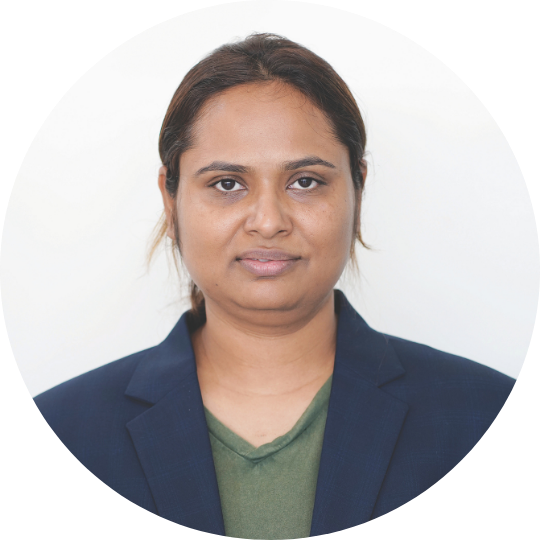
Aishwarya Bansal
Assistant Manager
Grant Thornton Bharat LLP
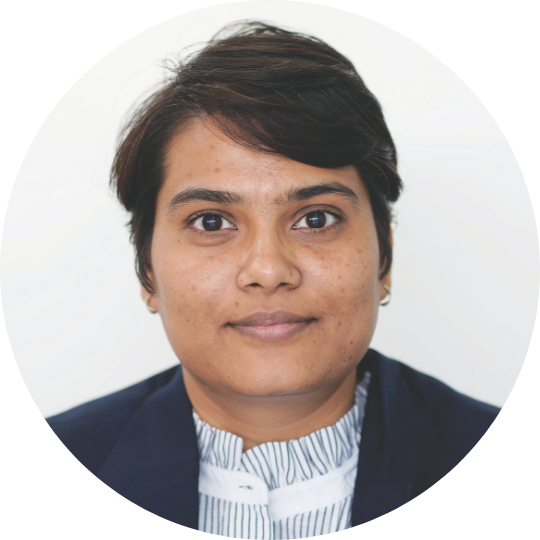
ARCHANA GUPTA
Consultant
NITI Aayog
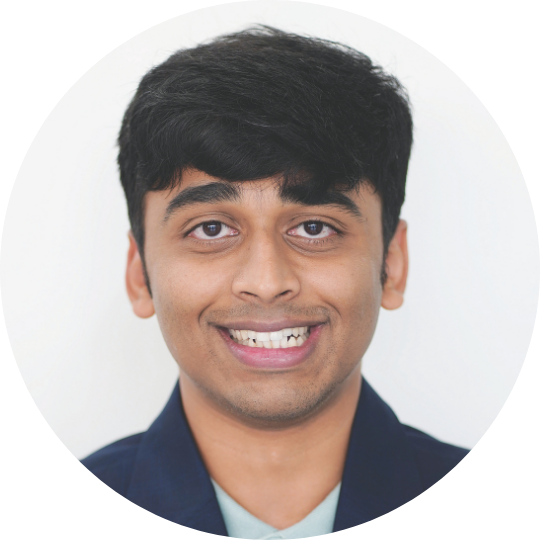
DEEP VORA
Project Coordinator
LVBL Accelerator
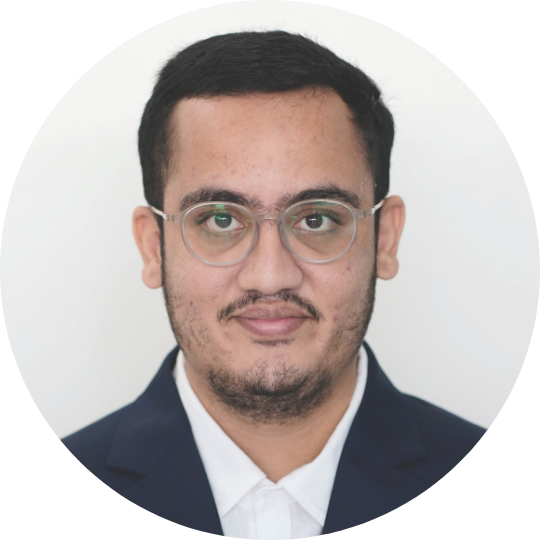
KAUSHAL KASLIWAL
Public Policy Consultant
The Reppro
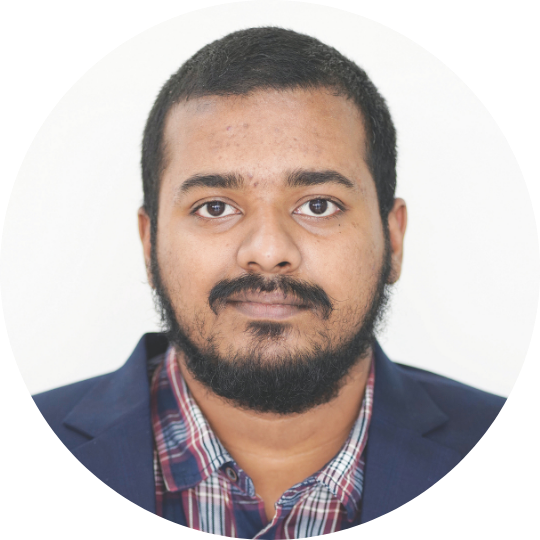
NIRMAL GANESH
Executive
Confederation of Indian Industry
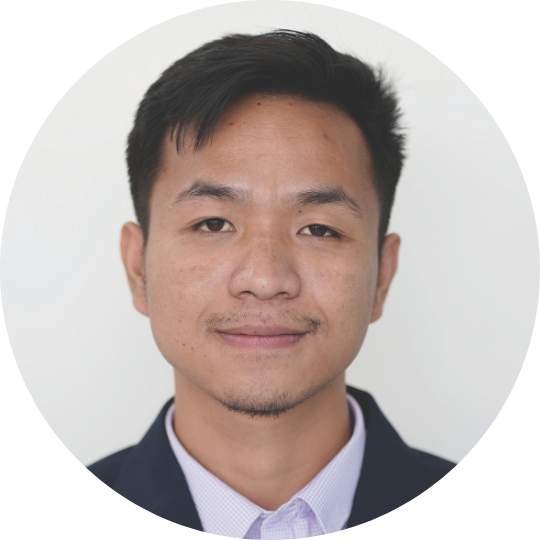
PETER
Field MEL officer and Researcher
USAID
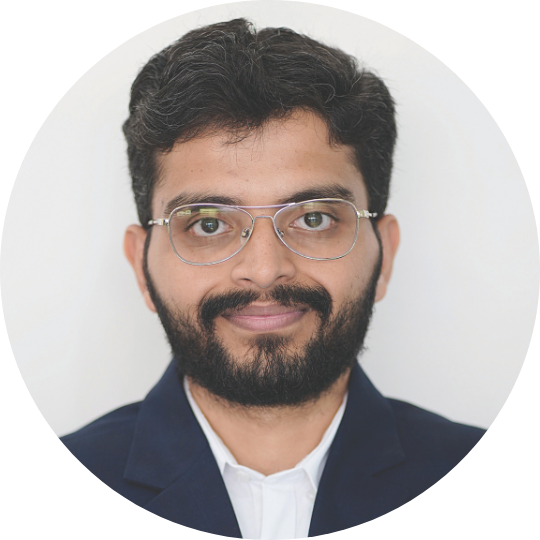
RISHABH BORKAR
Executive Resource mobiliser
Light of Life Trust
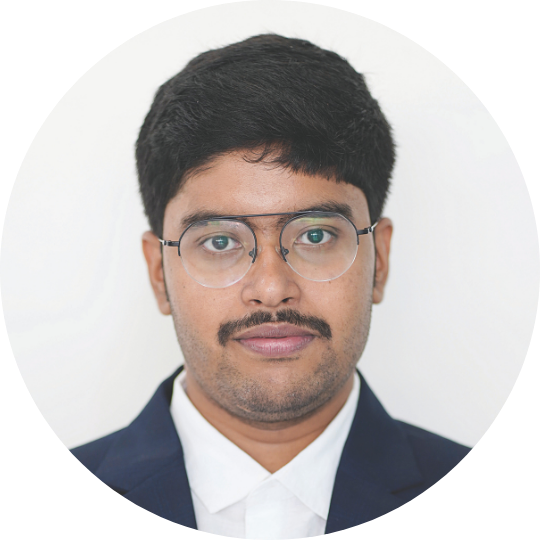
SHUVABRATA GARAI
Program Coordinator
Viksit Bharat Fellowship
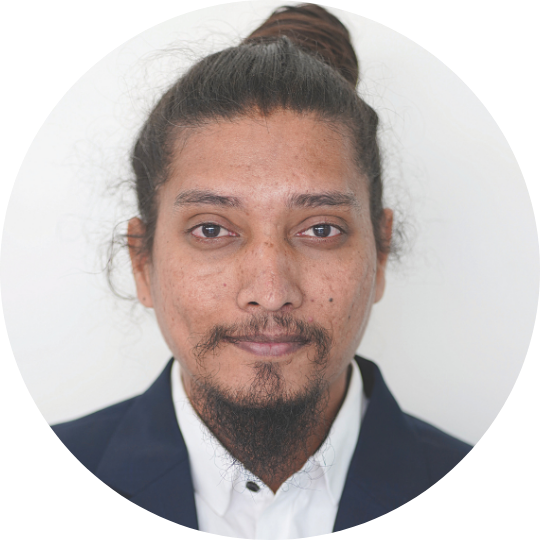
Thakur Natraj Singh
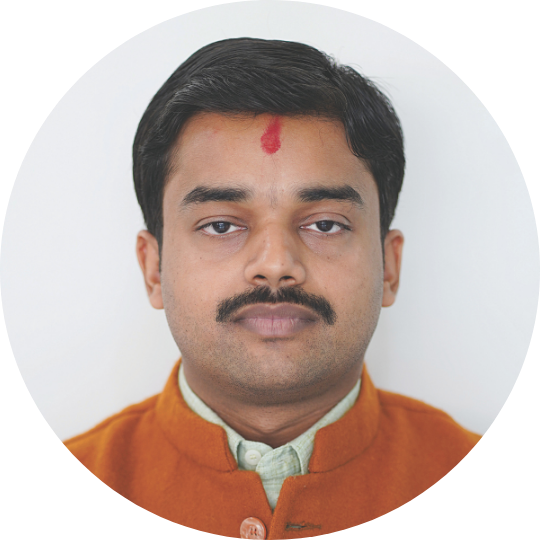
VARSHIT AGGARWAL
Senior Consultant
EY
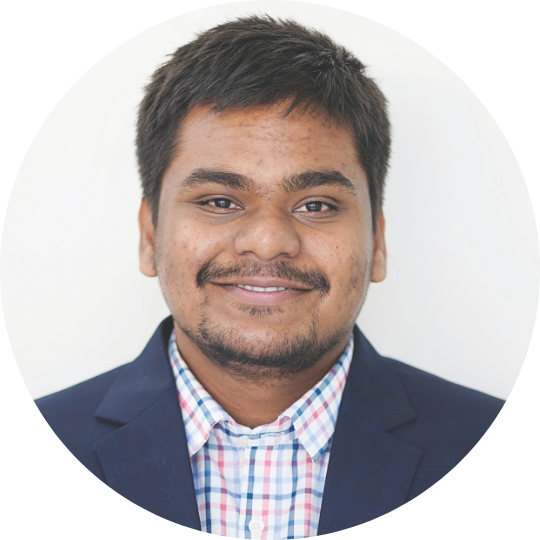
VINAY CHOUDHARY
Research Consultant
Varahe Analytics Pvt Ltd.
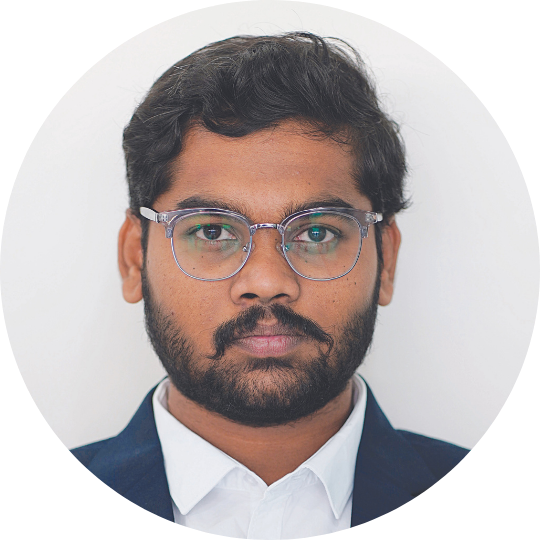
VINAYAKA SAI CHAITANYA
Officer on Special Duty(OSD)
Ministry of ITE&C and RTG
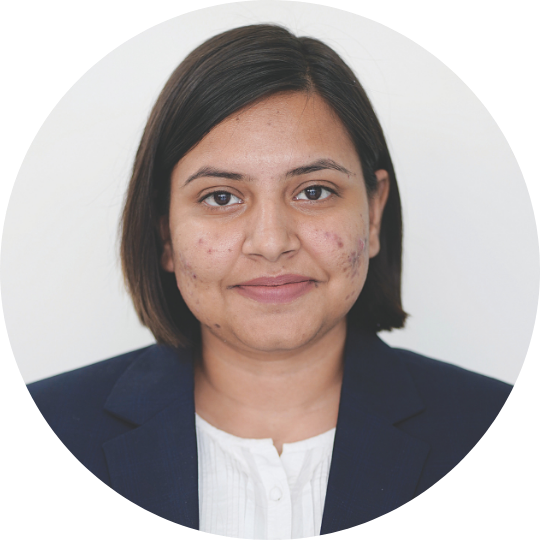
VISHAKHA AGNIHOTRI
Project Manager
Frontier Markets Consulting
Batch 2021-23
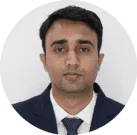
ADITYA NARAYAN JINGHAN
Manager- Business Strategy
LVBL Accelerator

AISHWARYA SRINIVASAN
Lead, Policy and Strategy
G Narayanamma Institute of Technology and Sciences(GNITS)
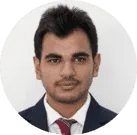
AKSHAT JOSHI
Senior Consultant
EY

ANIKET RAJ
Project Coordinator
Quality Council of India(QCI)
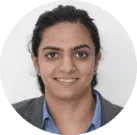
ANJALI SREERAM
Manager, Market Intelligence
AuctusESG
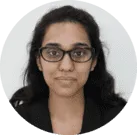
ANJANA DEVI BALIJEPALLI
Research Intern
Indian School of Business
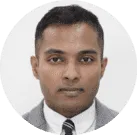
ANURAG PRABHAKAR
Associate Manager - Chairman's Office
Quality Council of India(QCI)
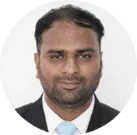
Audumbar Sampatrao Chavan
Associate
Reserve Bank Innovation Hub(RBIH)
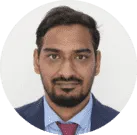
DHARMESH BANSAL
Senior Policy Analyst
GITAM (Deemed to be Univeristy)
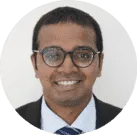
HABEEBULLAH MOHAMMED
Fellow - Nehru Fellowship
Inclusive Minds

HARSHA KAVI
Policy and Research Associate
Project DEEP
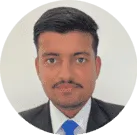
HIMANSHU TRIVEDI
Senior Policy Analyst
Indicc

JASMEET SINGH MINOCHA
Public Policy Research Fellow
Shardul Amarchand Mangaldas
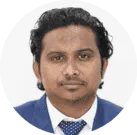
MOHAMMAD JUNED SHAHIL
Consultant
Inclusive Minds
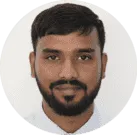
KOWSHIK THOTA
Associate
Enveritas
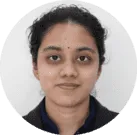
MANOGNA ATKURU
Senior Associate
Reserve Bank Innovation Hub (RBIH)

MAYANK GUPTA
Environment & Social Risk Expert
Societe Generale
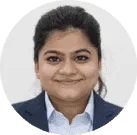
MRUNAL KULKARNI
Senior Executive - International Business Development and Advocacy
Bharat Biotech
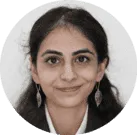
MEHEK KAUR

NIKHITHA JAGADEESH
Programme Associate
Council on Energy, Environment and Water (CEEW)

OSHIN SAHARE
Policy Analyst
GITAM Deemed University
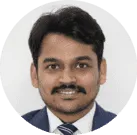
PARESH YADAV
Junior Manager - Compliance
One97 Communication Limited
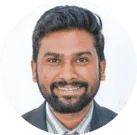
PRASHANT RATHOD
Founder
INPL - IMPACT NITI POLICY LAB
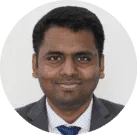
PRITISH ANAND
Graduate Teaching Assistant
The Hong Kong University of Science and Technology
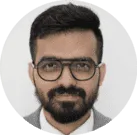
PRIYAM AWASTHI
Consultant - Energy, Natural Resources and Sustainability
Centre for Social and Economic Progress
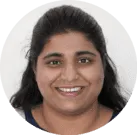
RAISA LORRAINE PALATTYA
Senior Consultant
Government of Telengana
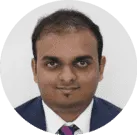
RAWSON GONSALVES
Deputy Head - India Program
Climate Bonds Initiative
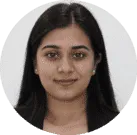
REHET KAUR
Consultant
EY
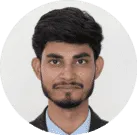
RITUPARN MISHRA
Associate Manager
Quality Council of India(QCI)
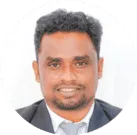
SABIR MONTRY
Team Lead
PwC
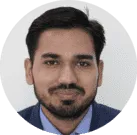
SANDIP PANDEY
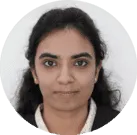
SANJANA KAPOOR
Research analyst
Climate Bonds Initiative
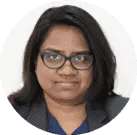
SANYOGITA DILIP SATUPUTE
Programme Associate
Council on Energy, Environment and Water (CEEW)
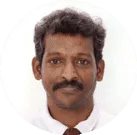
SHANKAR MM
Mentor - Research and Training
CARES
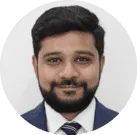
SHANKAR NARAYAN
Project Manager
Quality Council of India(QCI)
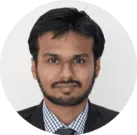
SHUBHAM SHINDE
Associate
Artha Global

Snigdha
Lead - Goverment Relations & Policy
Ather Energy

SOWMYA KOLLA
Young Executive Lead
Govt. of Andhra Pradesh
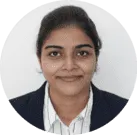
SWATI BOTHRA
Assistant Manager ( M&E)
Hasiru Dala
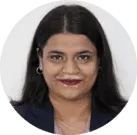
TANUSHKA TIWARI
Research Assistant
Yale School of Public Health
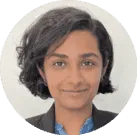
THERES THOMAS
Research Assistant
Asia Society Policy Institute
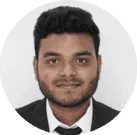
TRILOK KOTHAPALLI
Analyst II, Data Risk & Protection - Programs
Bristol Myers Squibb

VINAYA BHARAM
Senior Program Manager
Impact Solution Lab
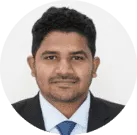
WASEEM AHMAD
Project Manager
Mythos Labs, Inc.
Rudraram, Patancheru Mandal
Hyderabad, Telangana 502329
